Do you keep adding more and more detergent, yet your clothes still feel dull and stiff?
If so, then the problem might not be your detergent. The problem could be your water. Particularly, if it’s hard water. In this article, we’ll show you the clear signs of hard water in your clothes and machines, so you know what to look for and how to fix the problem (before it turns into costly repairs).
How Hard Water Damages Your Washing Machine
Hard water is loaded with minerals like calcium and magnesium.
These minerals cling to your machine’s drum, pipes, and heating coil, forming limescale, a chalky layer that grows thicker over time. And since the heating coil is covered with scale, your machine has to work twice as hard. This means increased electricity bills and extra strain on the washing machine.
What’s worse?
The inlet filters clog up with mineral deposits, which slows down the water flow, and the washer doesn’t fill properly. And since all of this is building up gradually, you may not notice it until your clothes start feeling rough, or worse, until your machine breaks down completely.
Common Signs of Hard Water in Laundry and Machines
1. Your Laundry Feels rough
Your clothes don’t feel soft: towels feel scratchy, whites turn grey, and colours fade quickly. Even the smell turns sour because soap residue and minerals create the perfect place for bacteria to grow and leave behind a musty odour.
Recommended Reading:
Clothes aren’t the only thing hard water damages; it also dries out your skin. Learn more by reading: How to Prevent Hard Water from Ruining Your Skin’s Natural Glow
2. You Keep Using More Detergent
Detergents react with hard water minerals and leave a sticky residue on your clothes and your machine - instead of foaming up and removing dirt. At first, you may think the problem is too little detergent. So you add more. But guess what? That only makes things worse. For example, have you ever noticed a white film on your dark clothes? Well, that is actually the residue of hard water and excess detergent.
3. You See Limescale Deposits
Look inside your detergent drawer, inlet valve, or drum. If you notice white or chalky patches, that’s mineral buildup. In addition, a filmy ring around the washer door or cloudy marks on the glass also point to the same direction: hard water deposits.
4. Your Machine Isn’t Running Smoothly
Hard water can make your washer take longer to fill than usual. The machine may also start making strange grinding noises if clogged parts and scale buildup are slowing it down. And finally, coils are left vulnerable because deposits can cause them to overheat and eventually stop working.
Recommended Reading:
Want to know how hard water affects your geysers, dishwashers, and other home appliances, too? Check out: How Hard Water Reduces the Efficiency of Your Appliances (And How To Fix It, Easily)?
Why DIY Fixes Don’t Work Against Hard Water
Some people run vinegar or citric acid cycles inside the washing machine drum every few months to dissolve limescale. Does it work? Yes, but only temporarily. Because as long as hard water keeps flowing into your machine, the problem will return. Think of it as mopping a floor while the tap is still running; you will clean it for a while, but the problem keeps coming back.
So the real fix is stopping the minerals before they enter your machine. And to do this, what you need is a washing machine filter.
How a Hard Water Filter for Washing Machine Solves Everyday Laundry Problems
These washing machine filters are designed to stop hard water damage before it starts, and it does this in two simple but effective stages:
-
Mesh: The stainless steel mesh acts as a pre-filter. It blocks larger particles like rust, sand, and dirt (just like a sediment water filter does for clean water) so they can’t enter the system and hence prevent clogging of pipes and damage to the internal parts of the washing machine.
-
Anti-scaling silicon phosphate balls: They sequester calcium and magnesium ions (the minerals responsible for making water hard) so they can’t join together and hence prevent stubborn limescale deposits from forming inside the washing machine and damaging its parts.
Once a hard water filter for a washing machine is installed, the difference is noticeable right away: clothes come out softer, detergents lather better, and your washing machine runs more smoothly. Over time, this helps you save money not only on detergent but also on energy bills and frequent machine repairs.
At RiverSoft, we offer affordable and easy-to-install (i.e. no plumber required) filters that stop hard water from ruining your laundry and reducing your machine’s life. To make it even better, right now, we are running a special discount.
If it sounds interesting, go here to check out our washing machine filters.
Conclusion
Chalky deposits and a washing machine that doesn’t run smoothly are usually signs of hard water, not weak detergent. The good news is you don’t have to live with these problems. The simplest fix is a hard water filter for washing machine. It can block mineral buildup, reduce strain on the appliance, and keep your clothes softer and fresher after every wash.




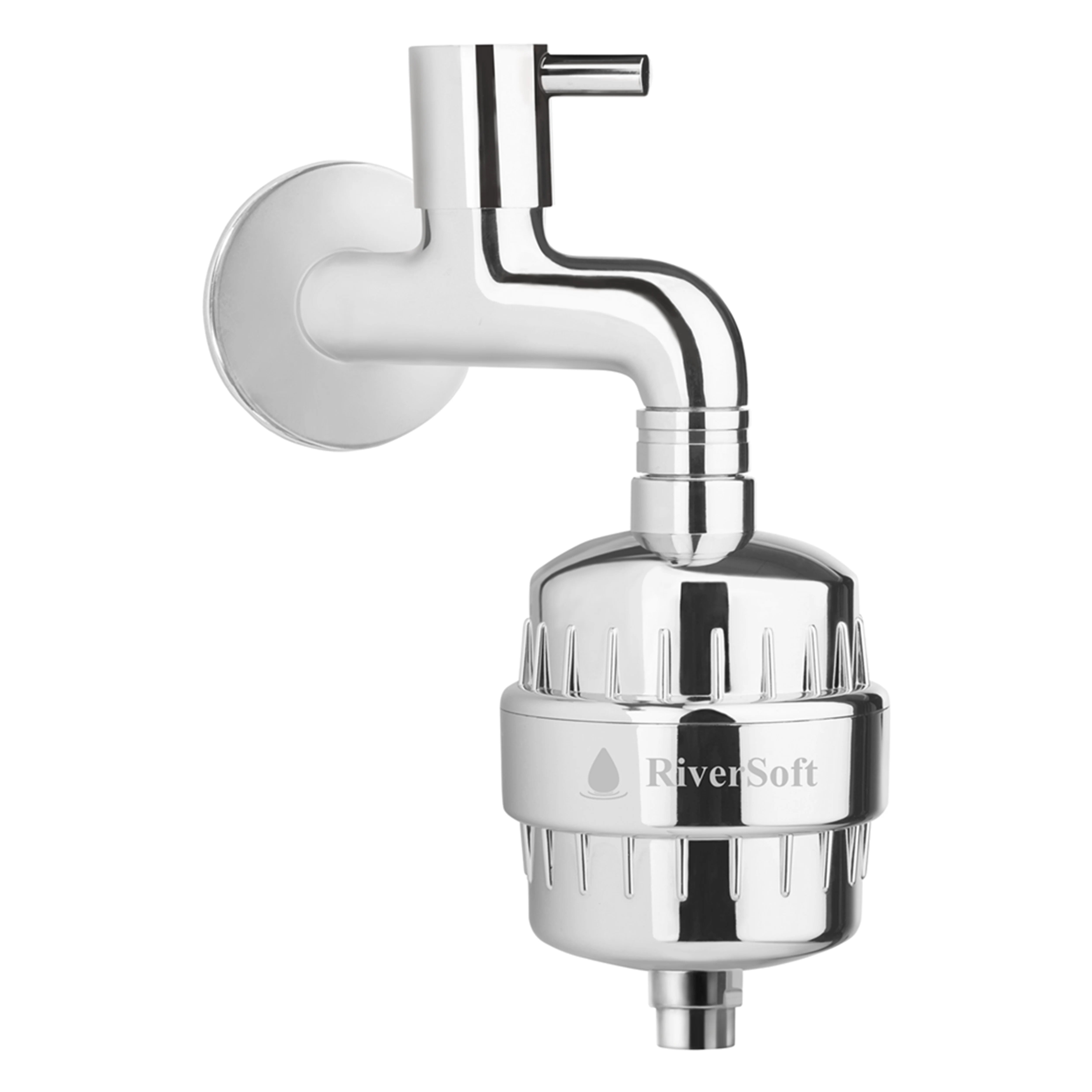
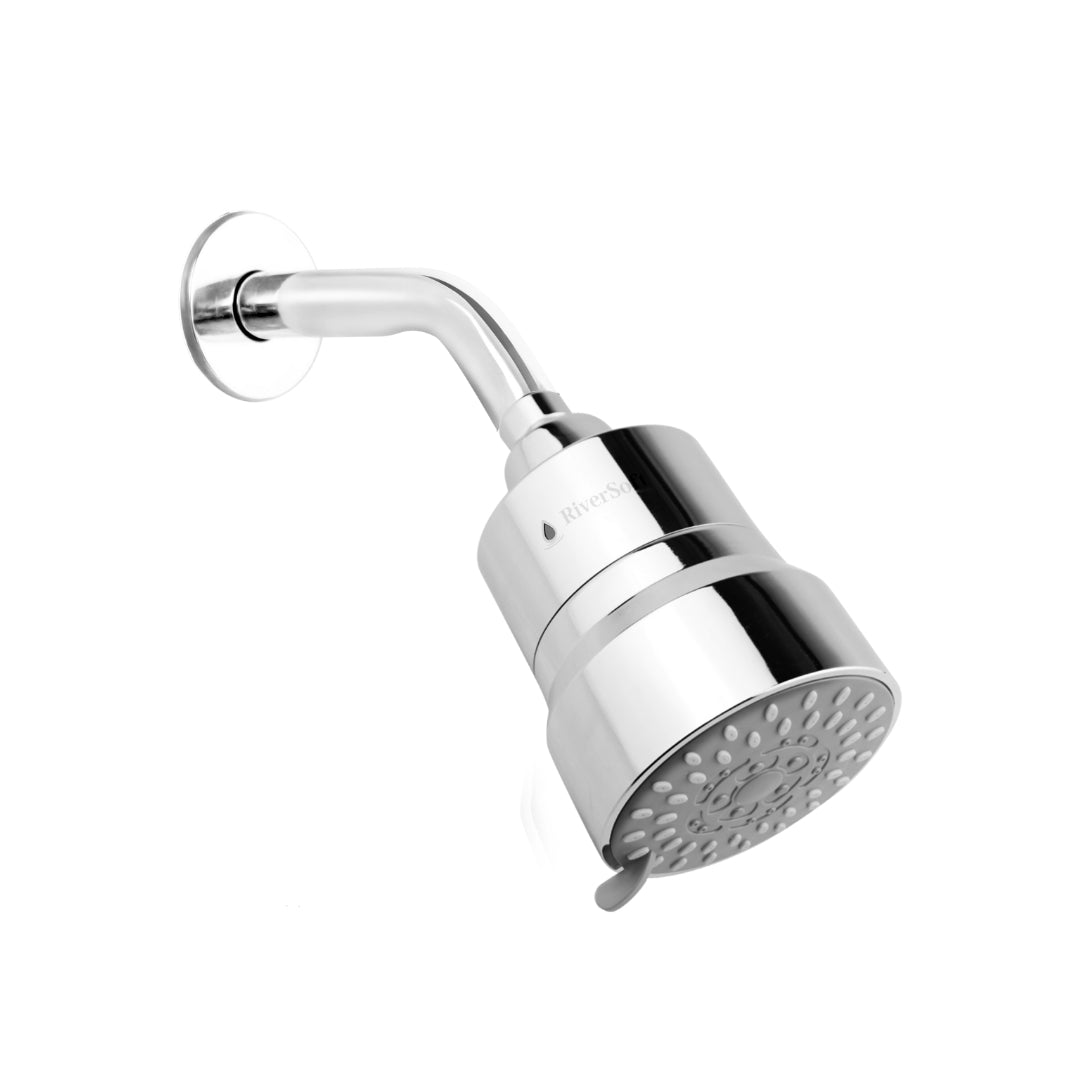
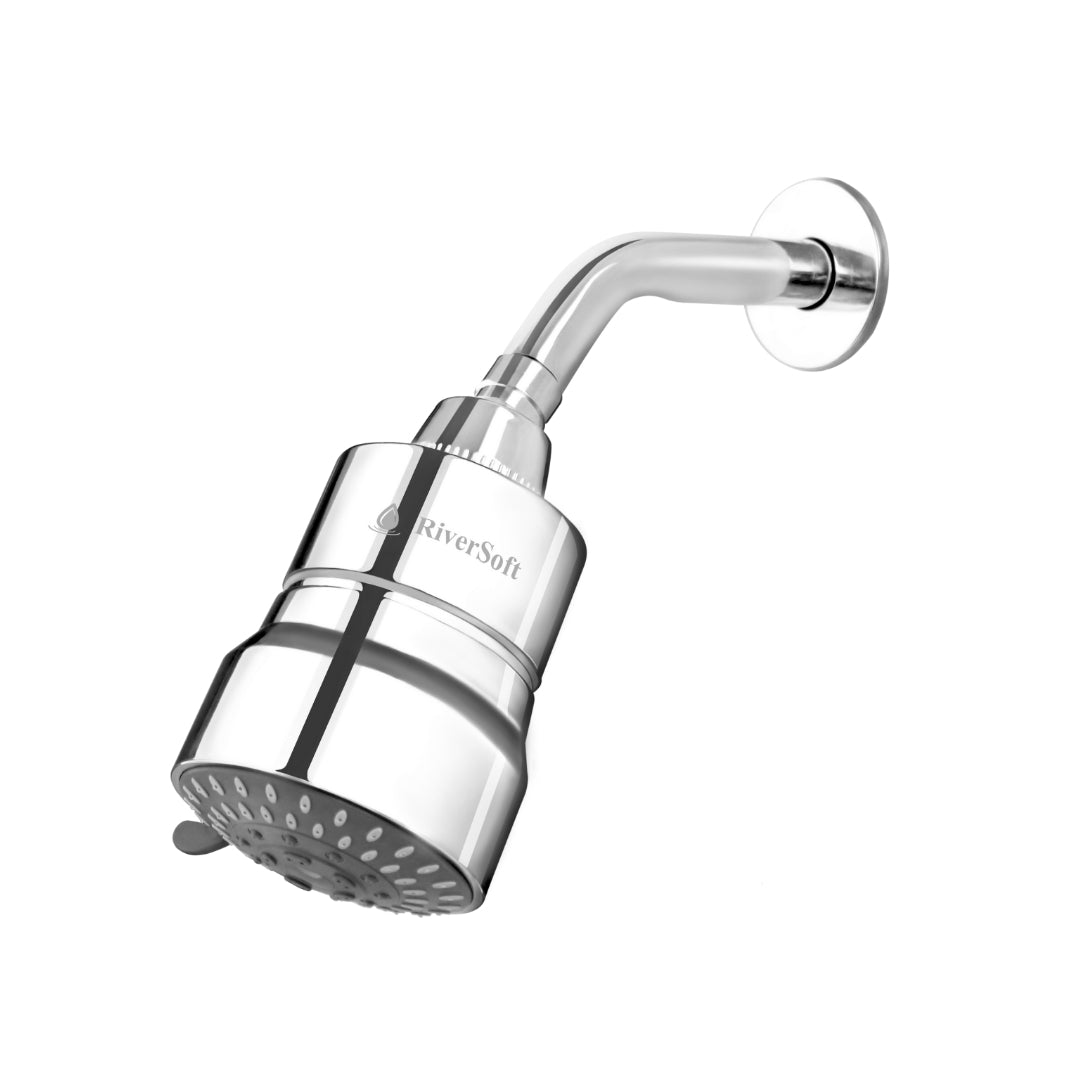
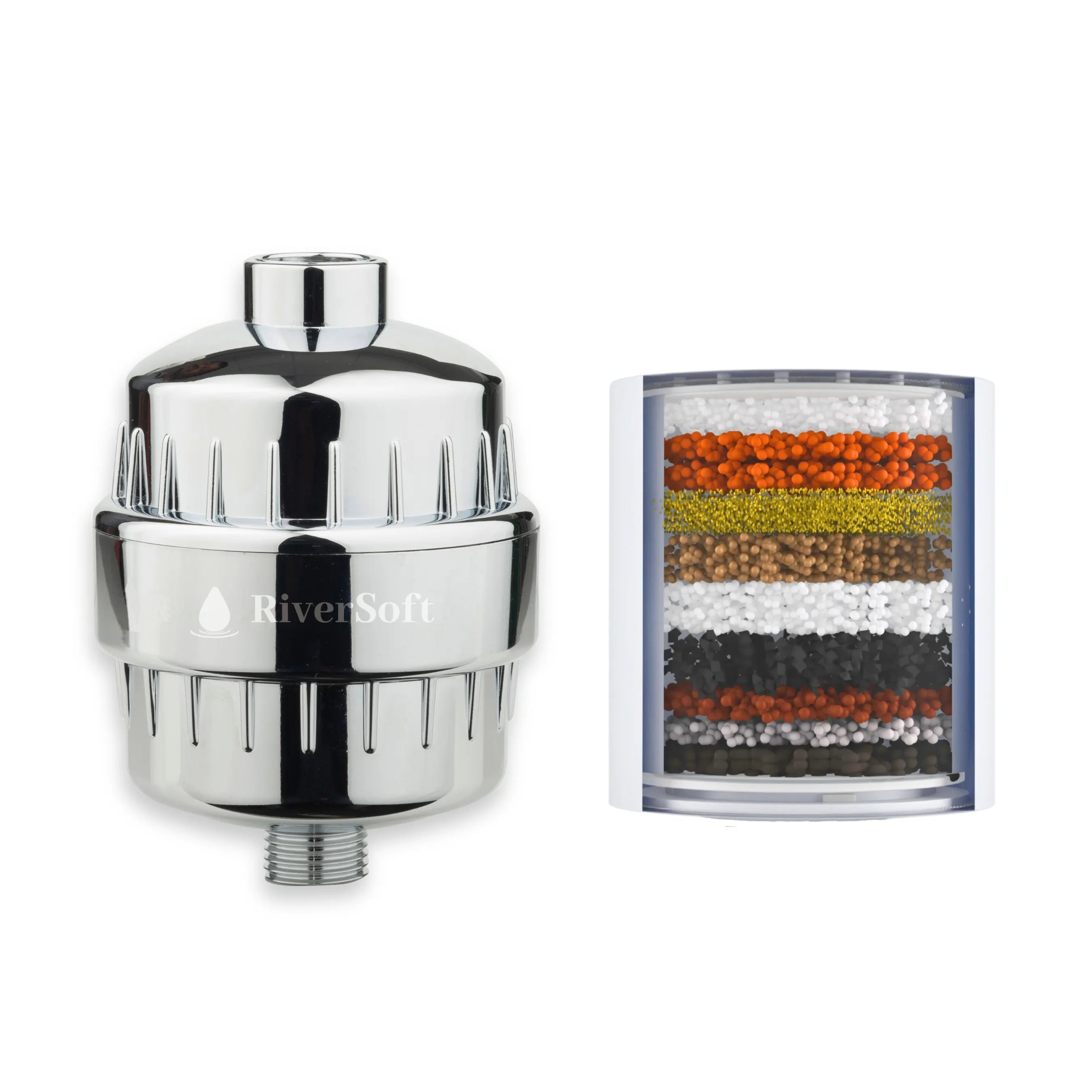
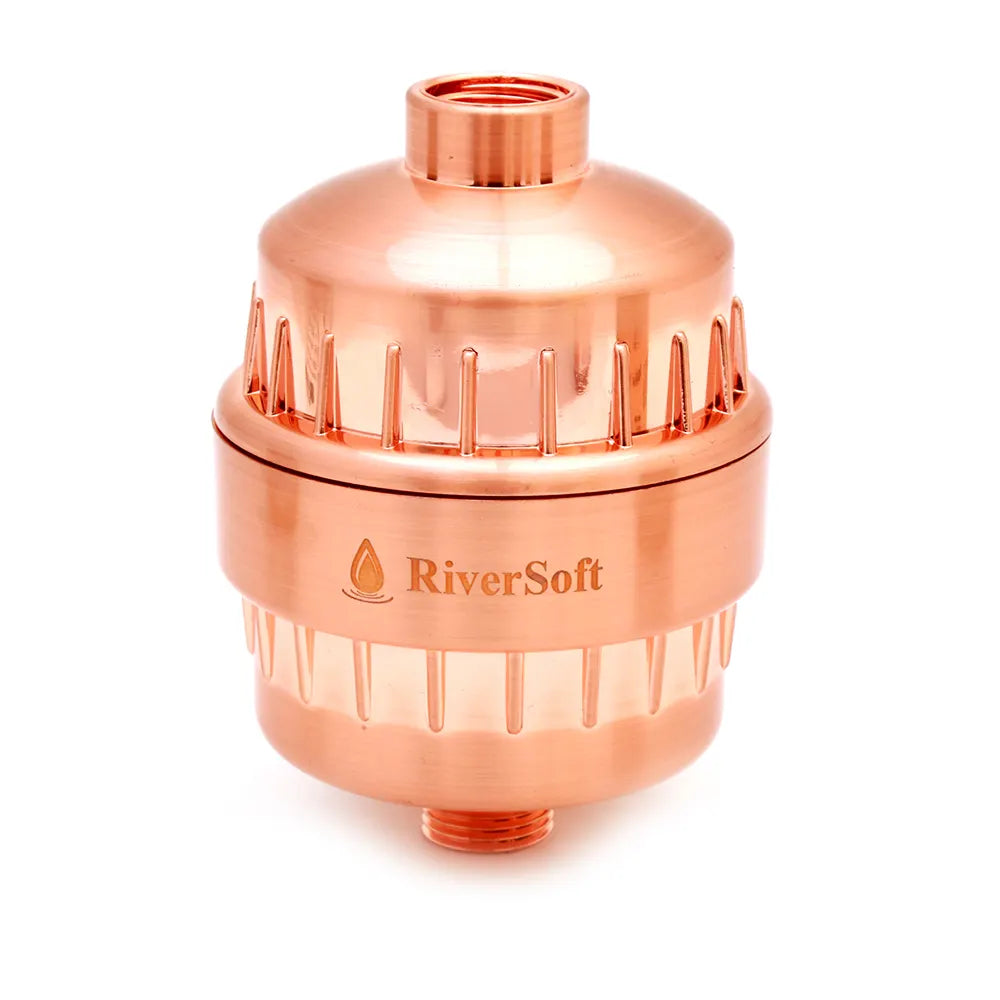
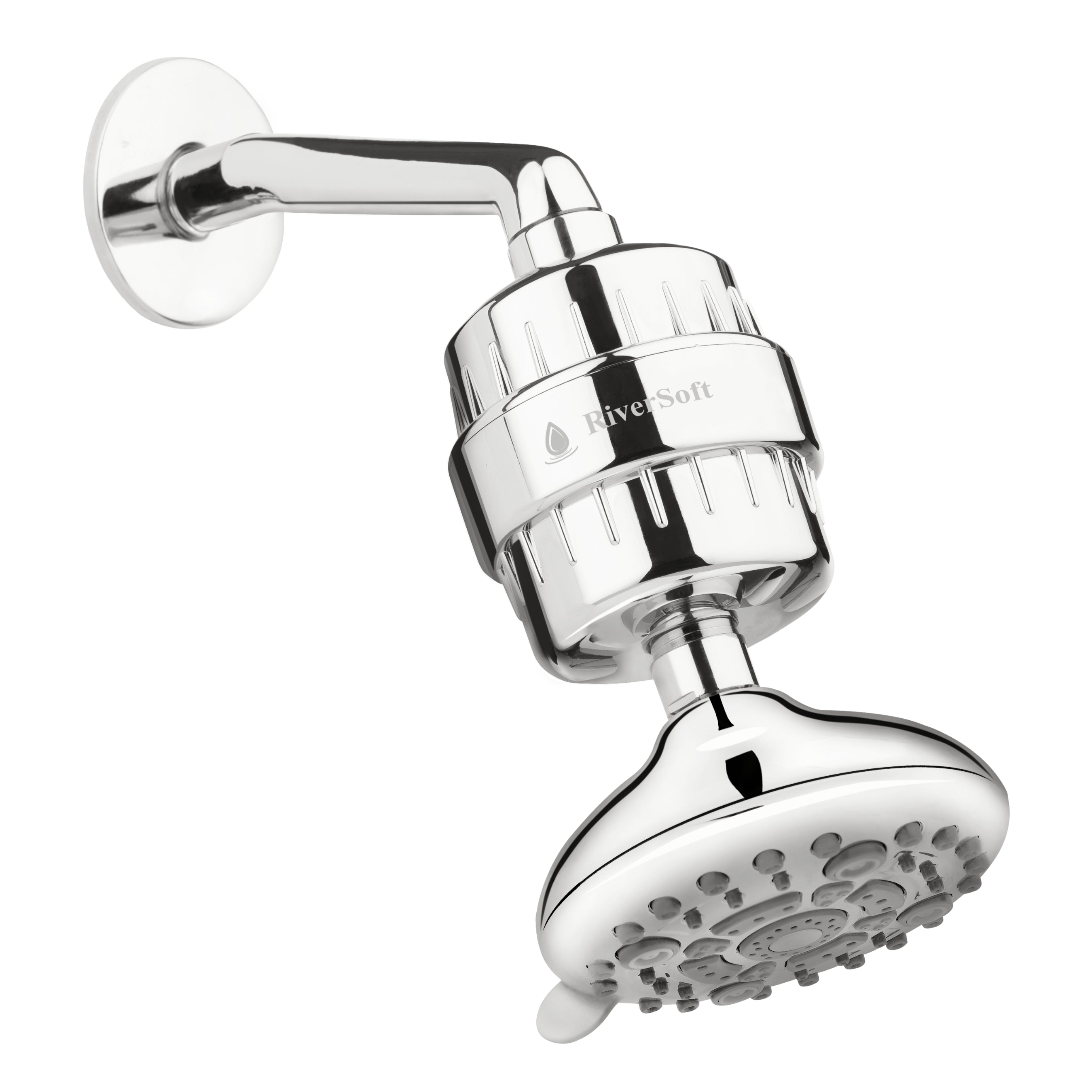
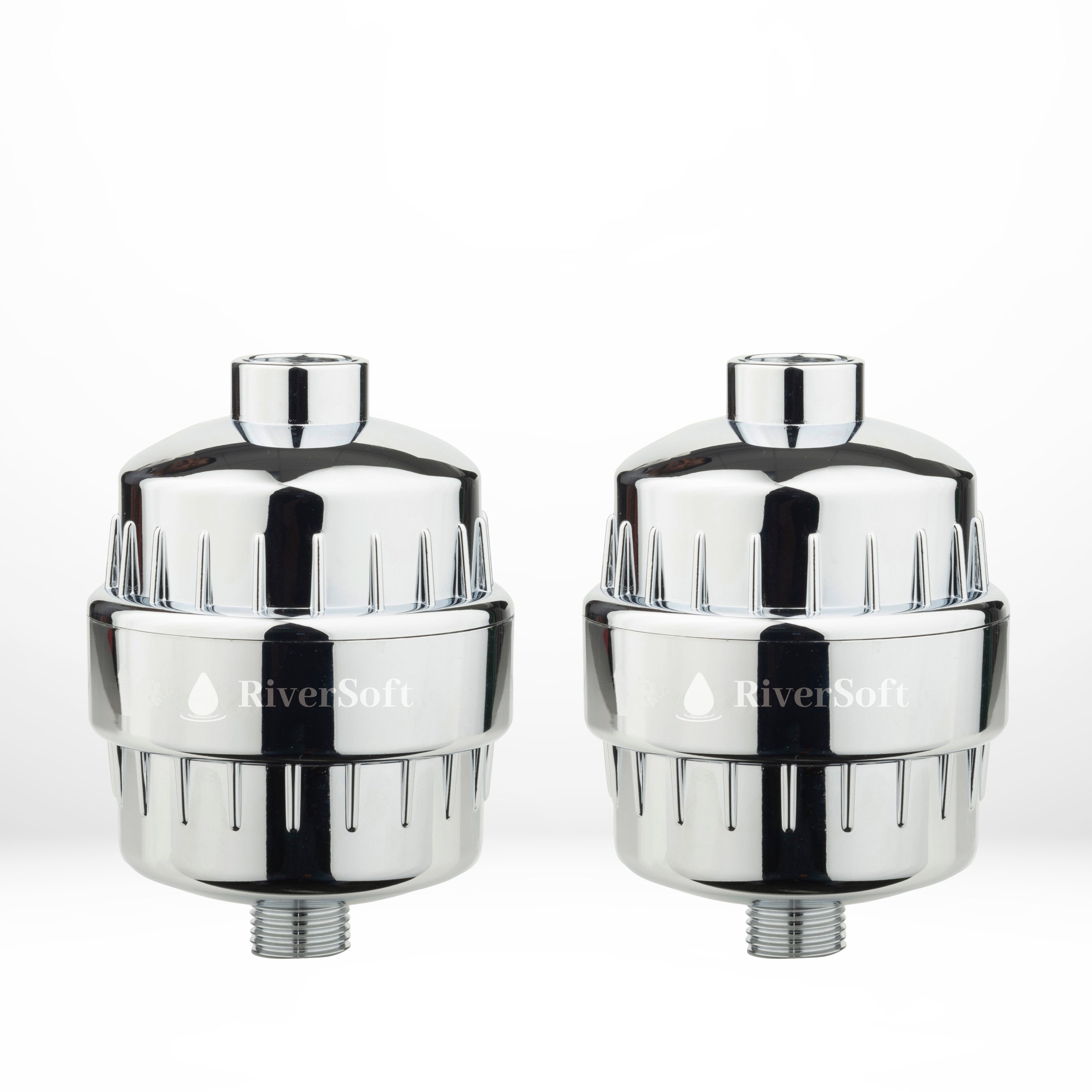
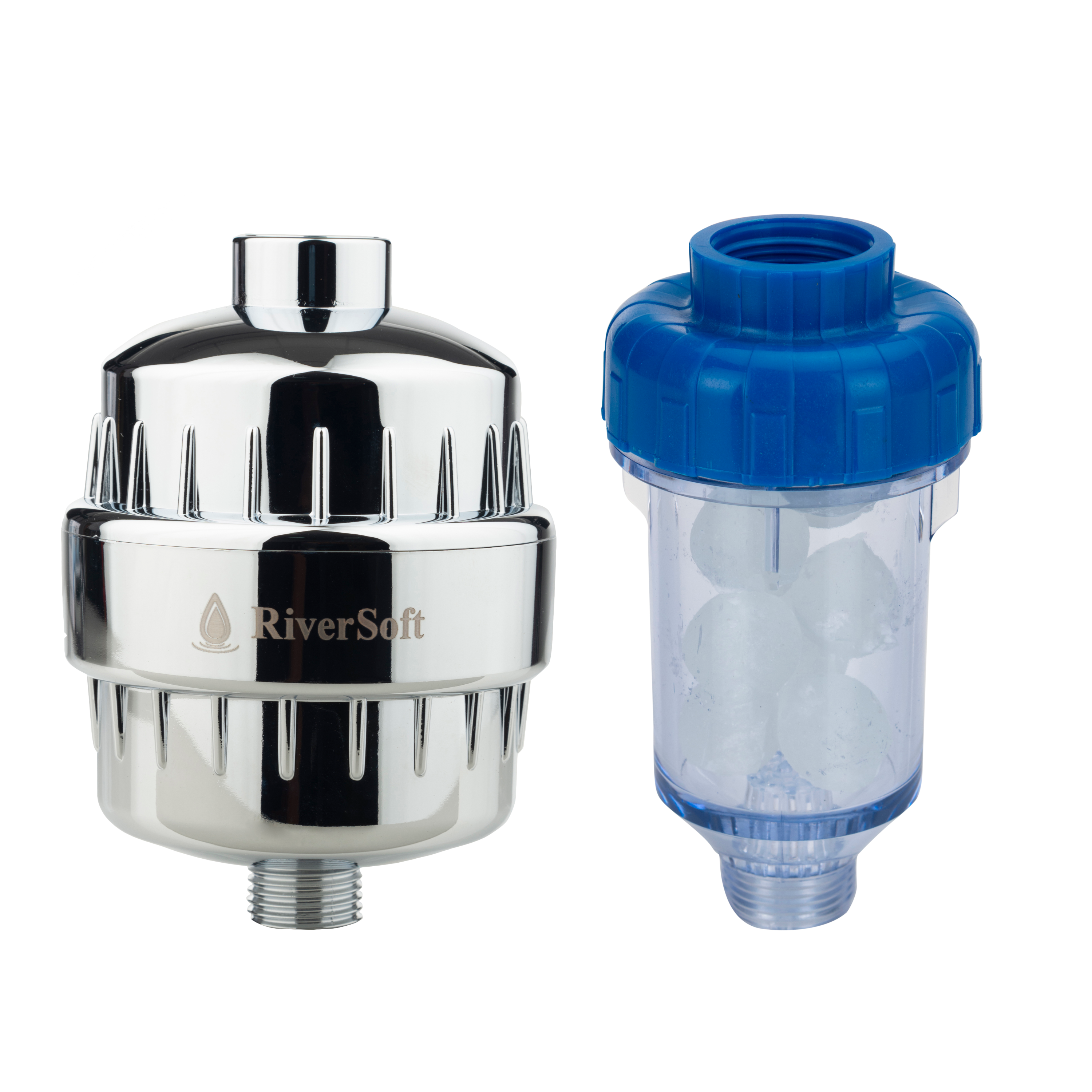
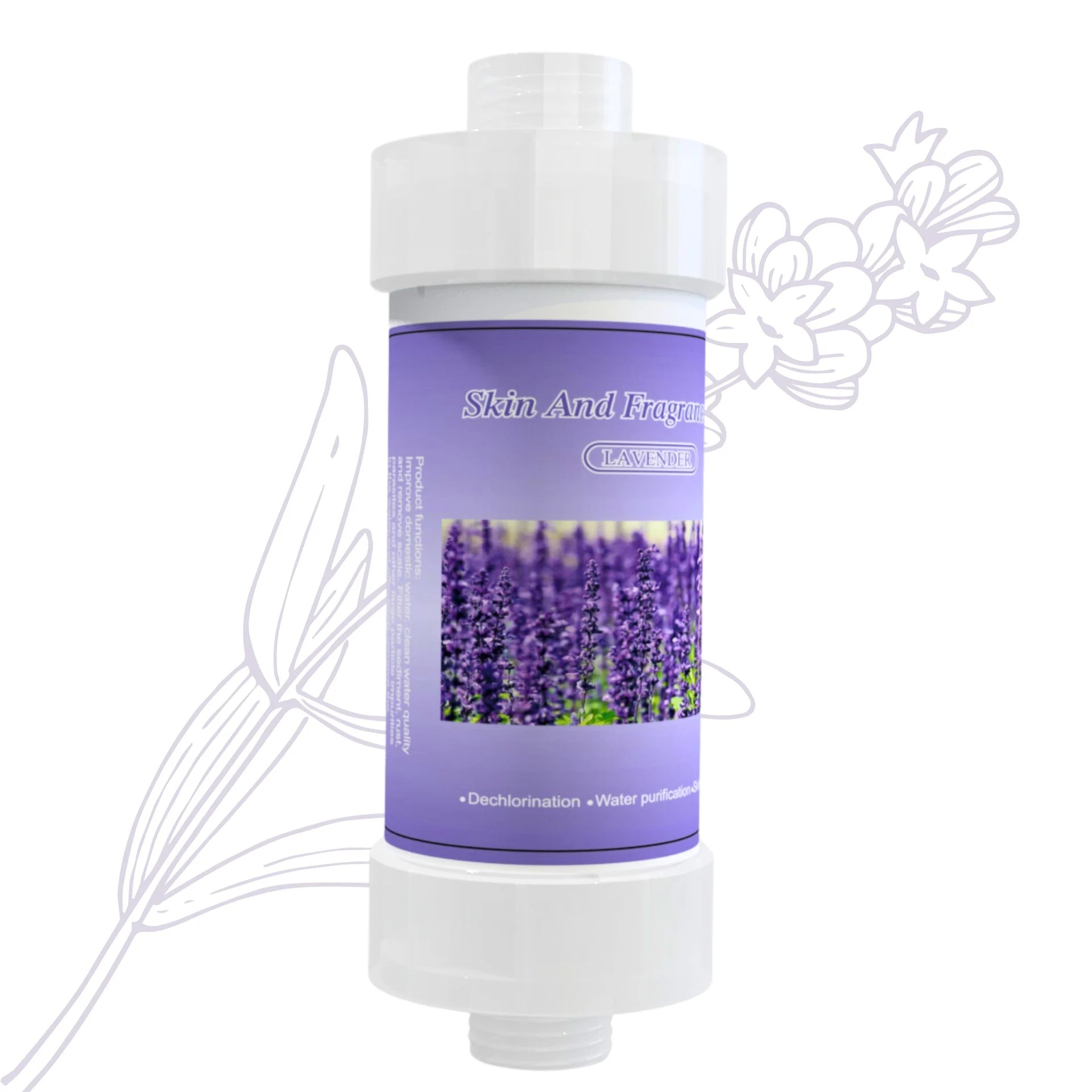
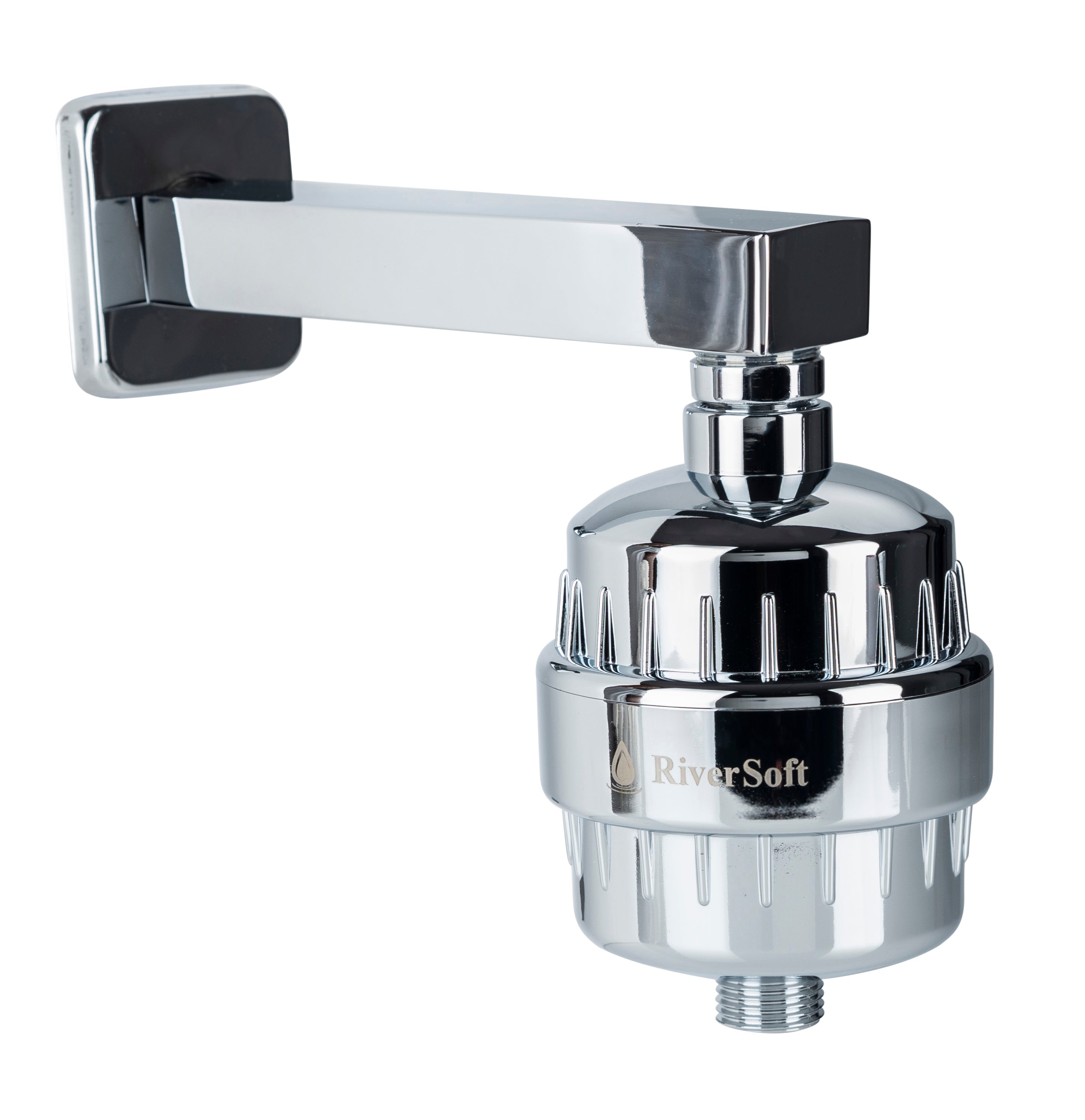
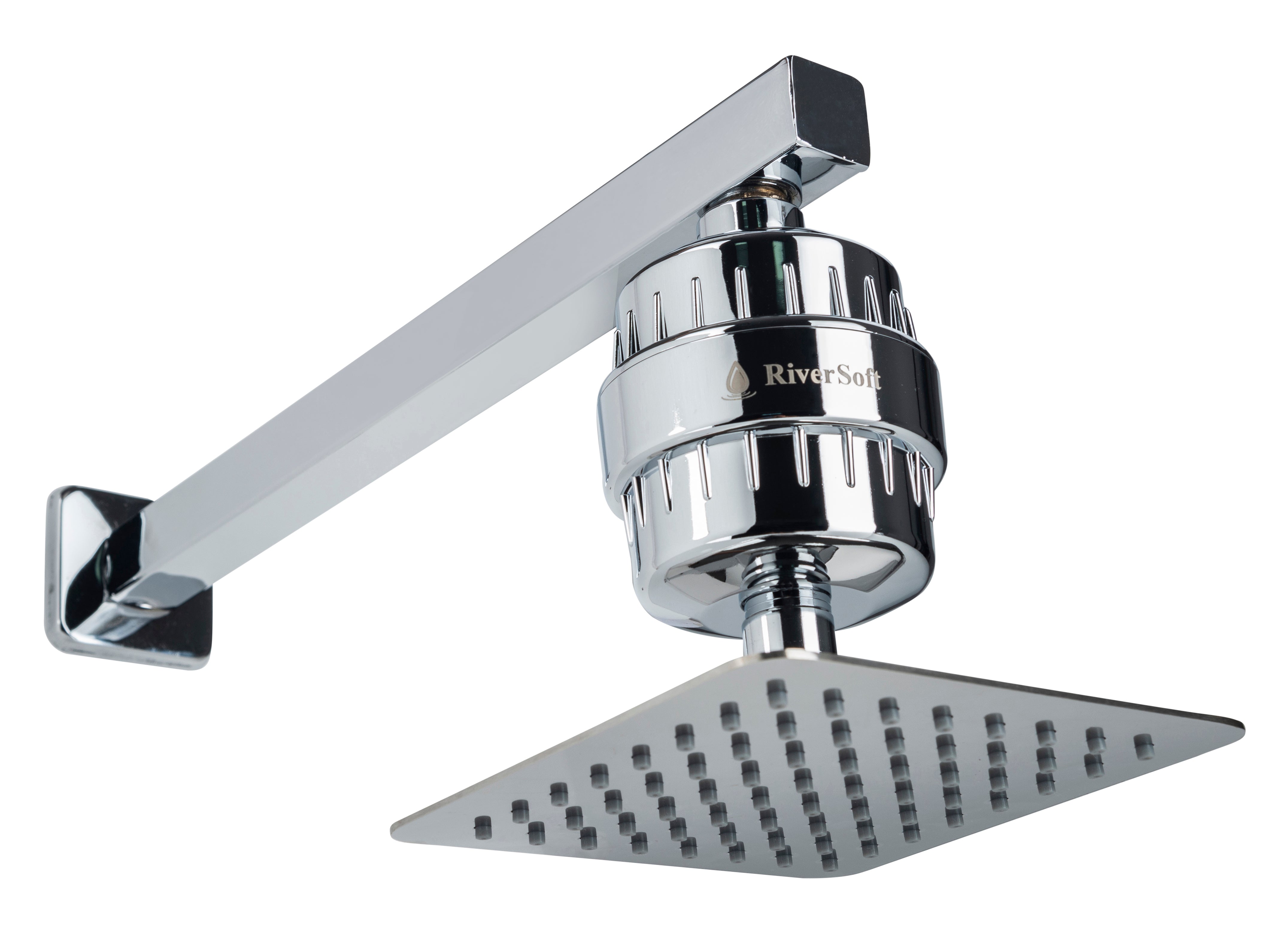
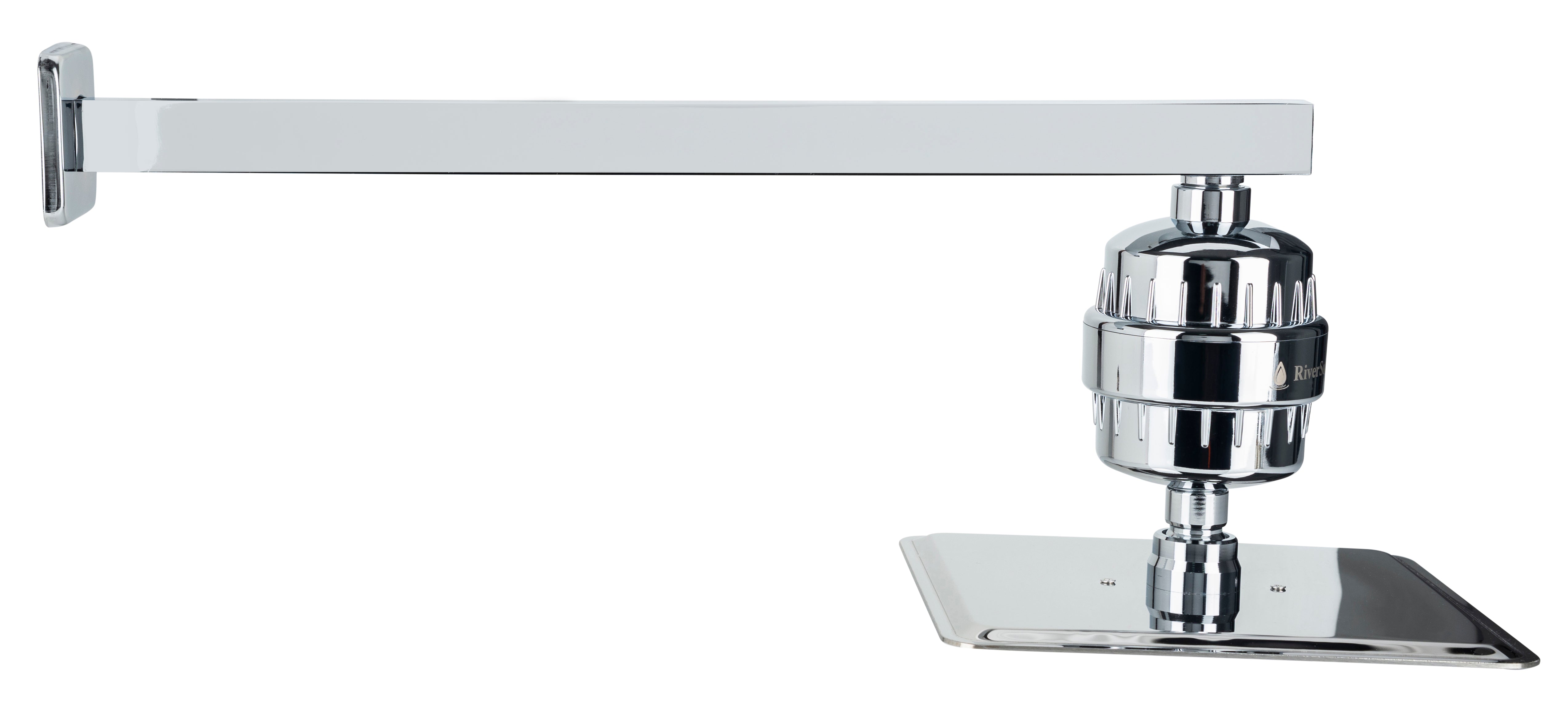
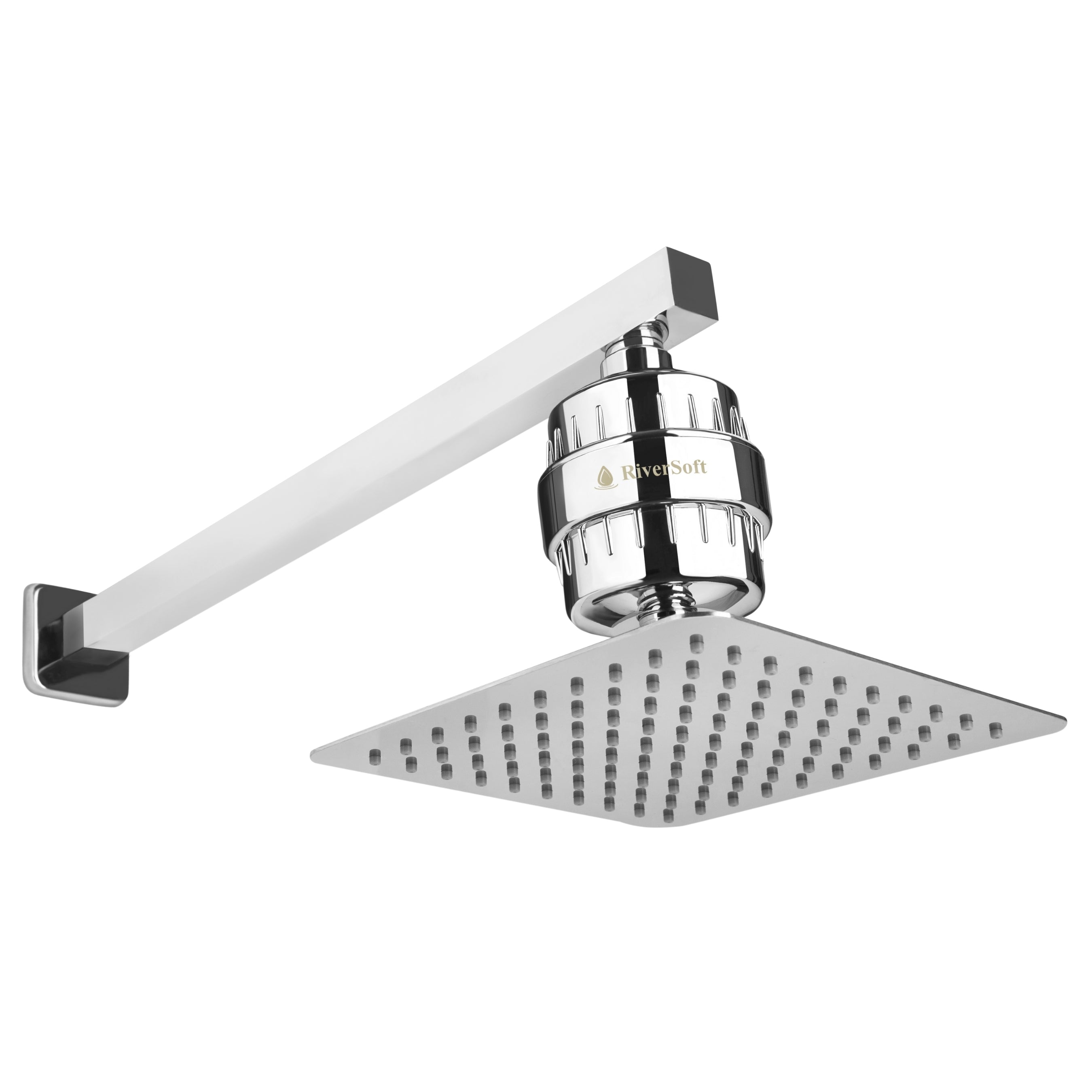
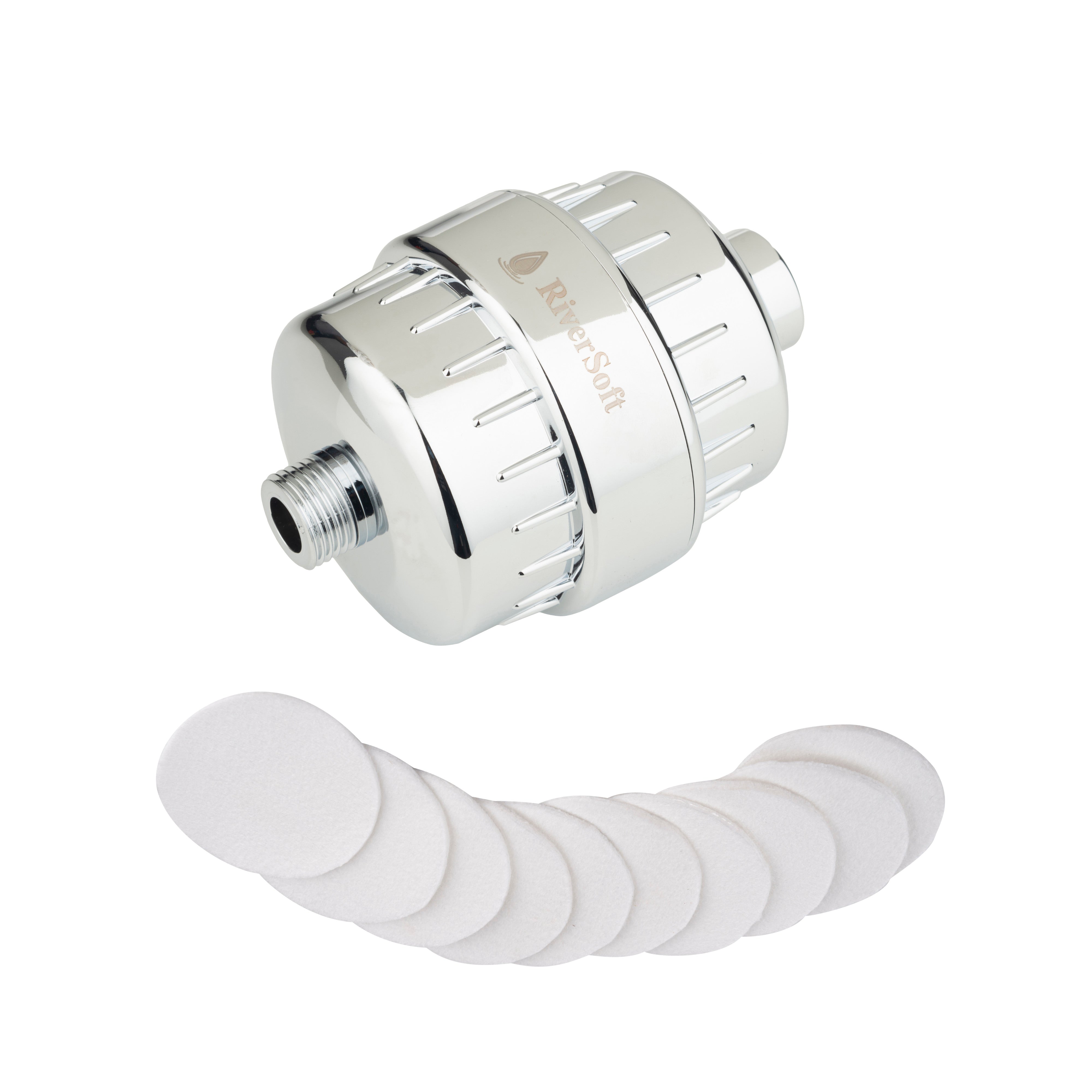
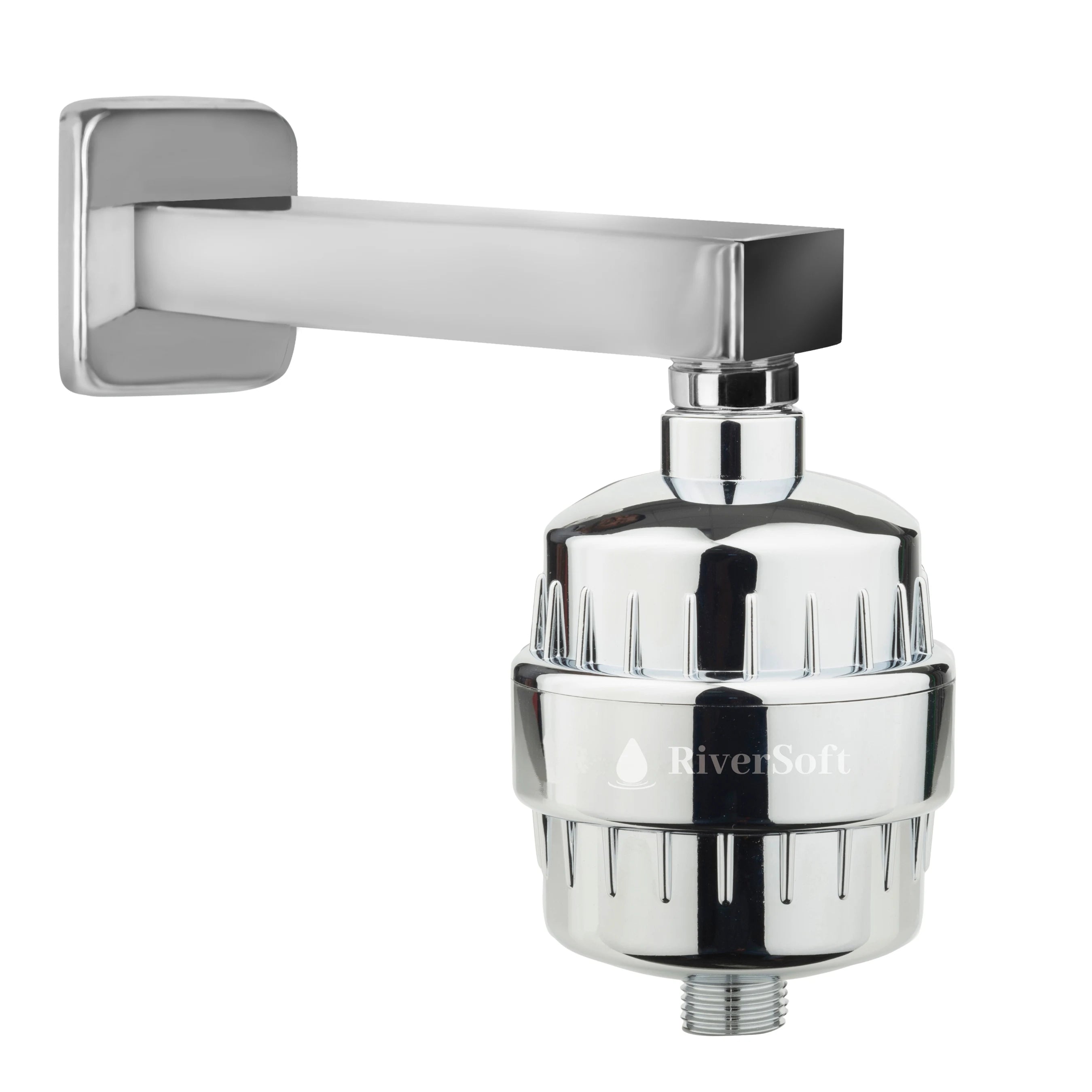
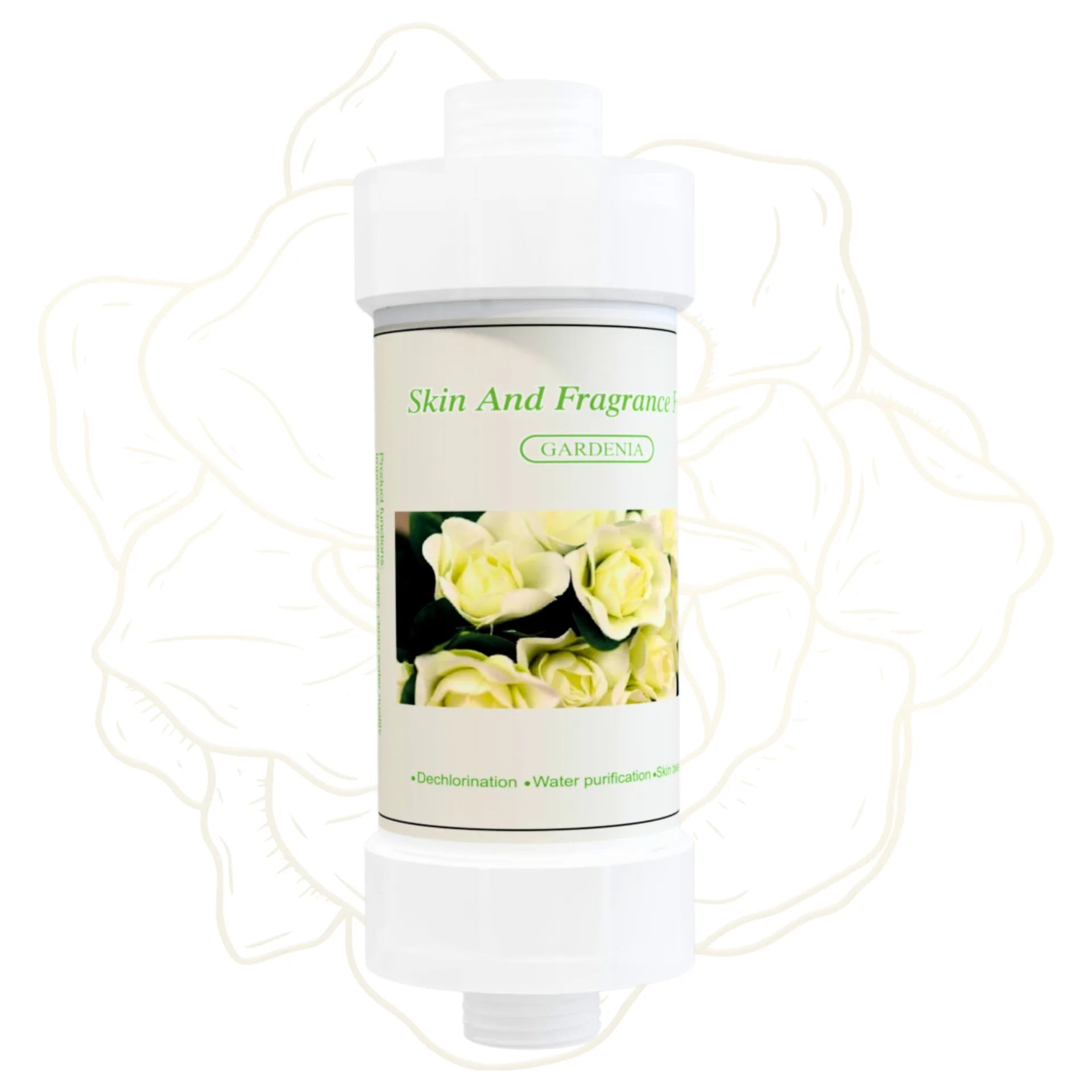
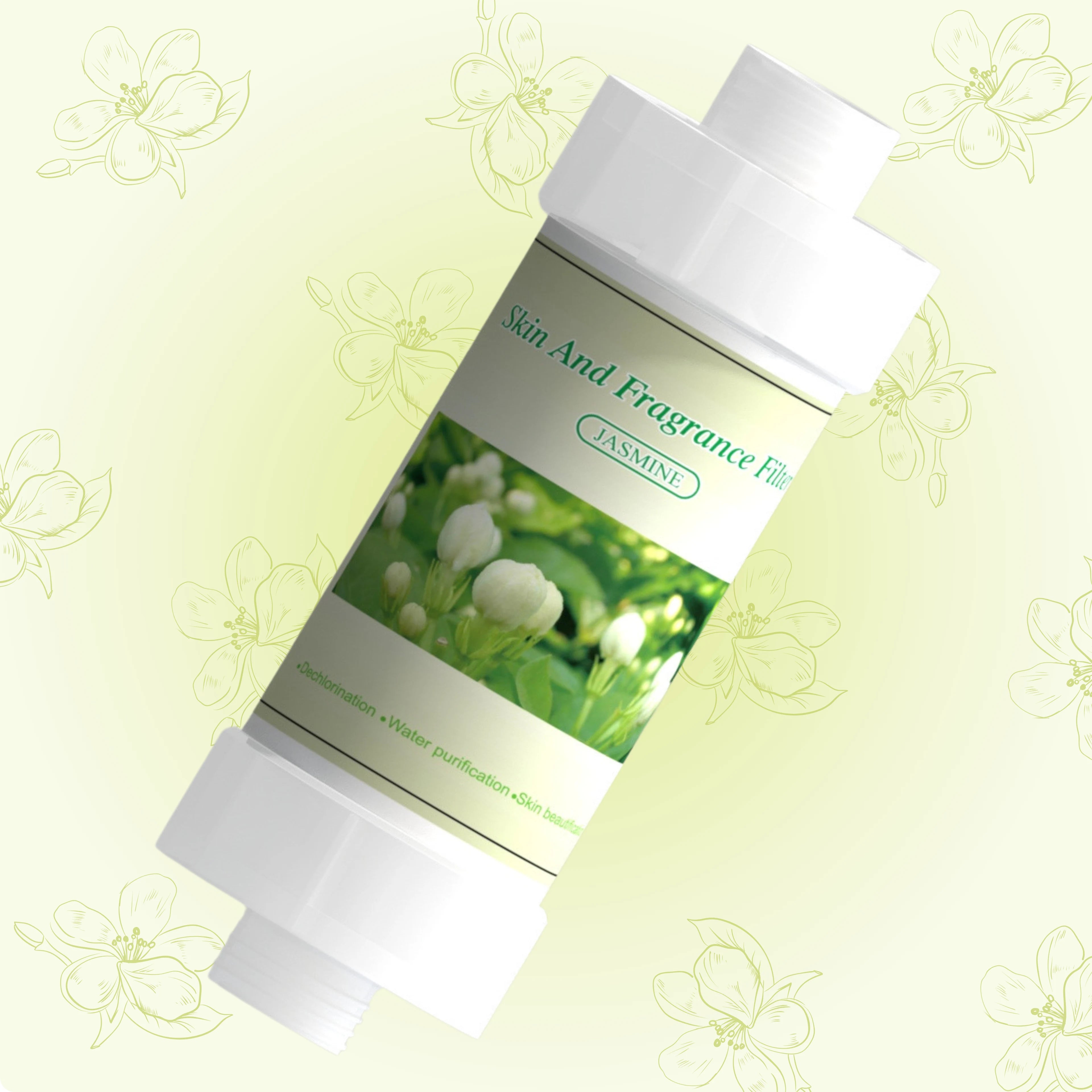
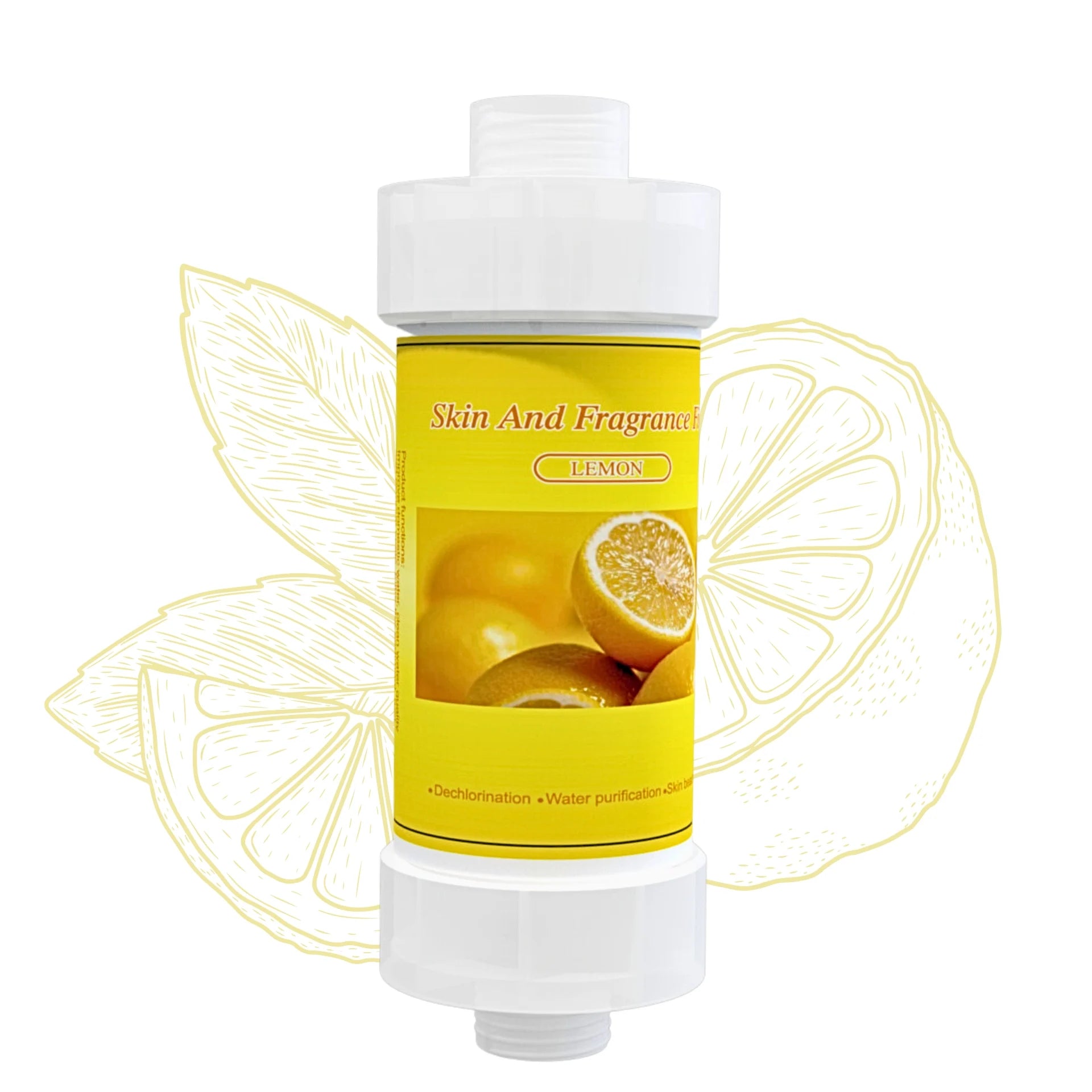
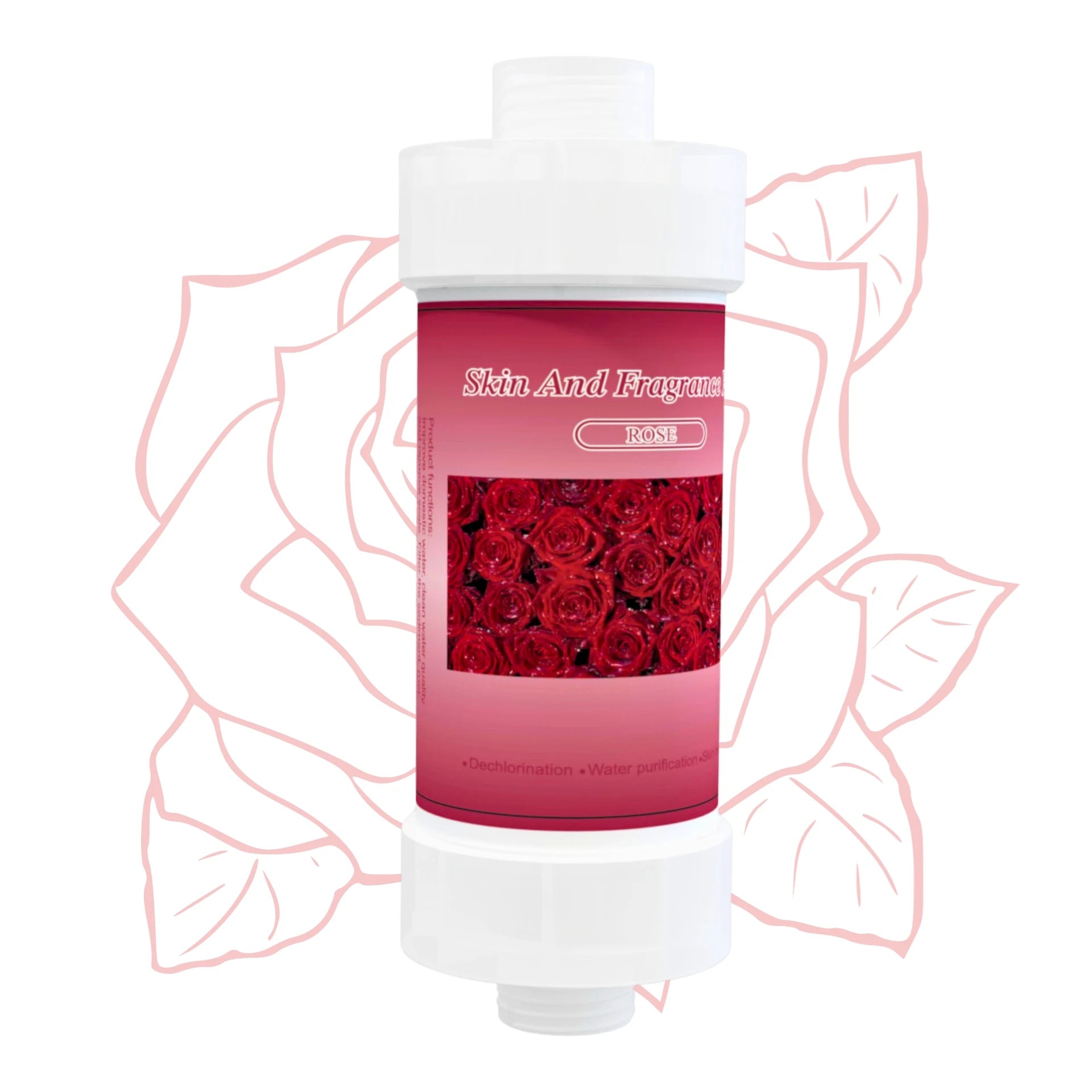
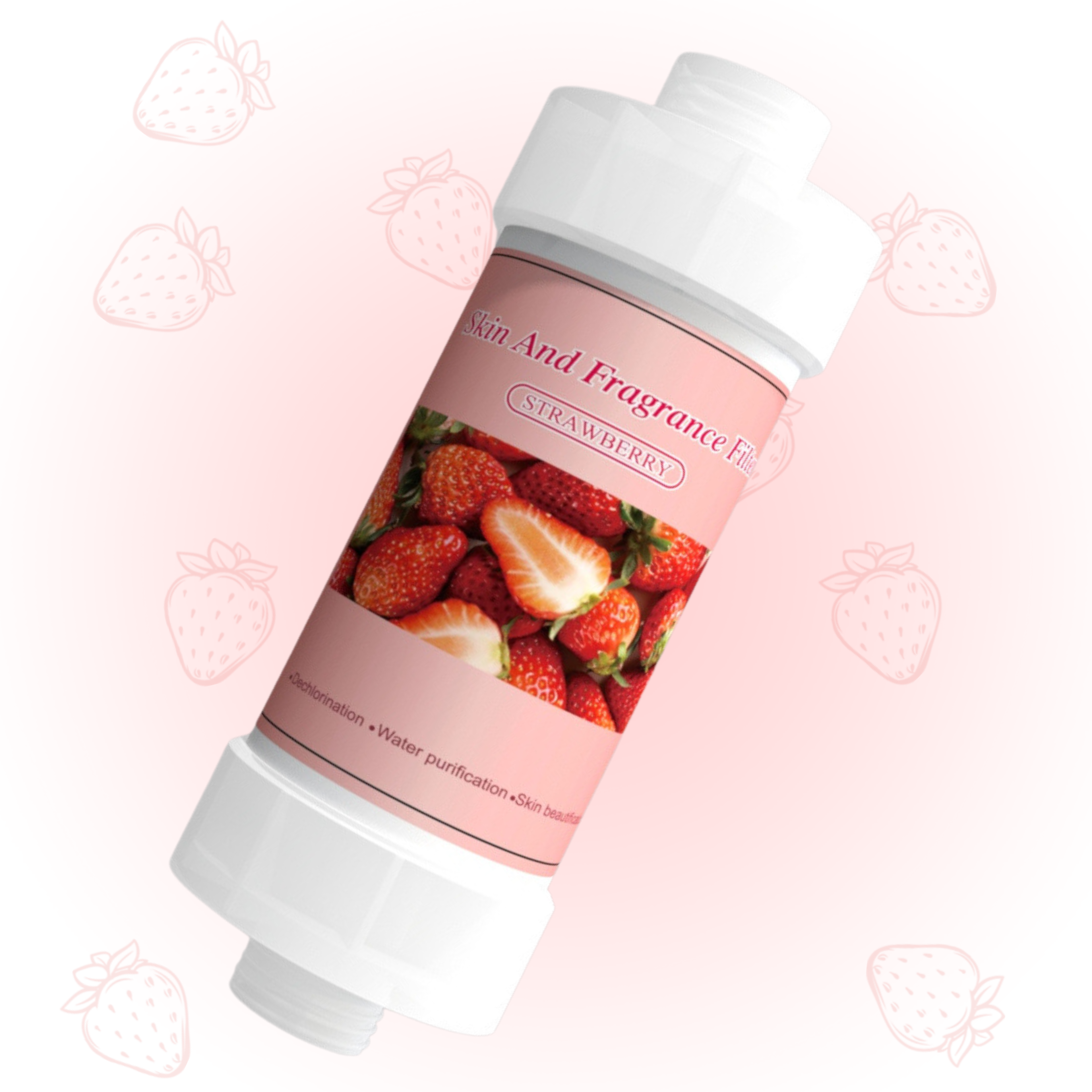
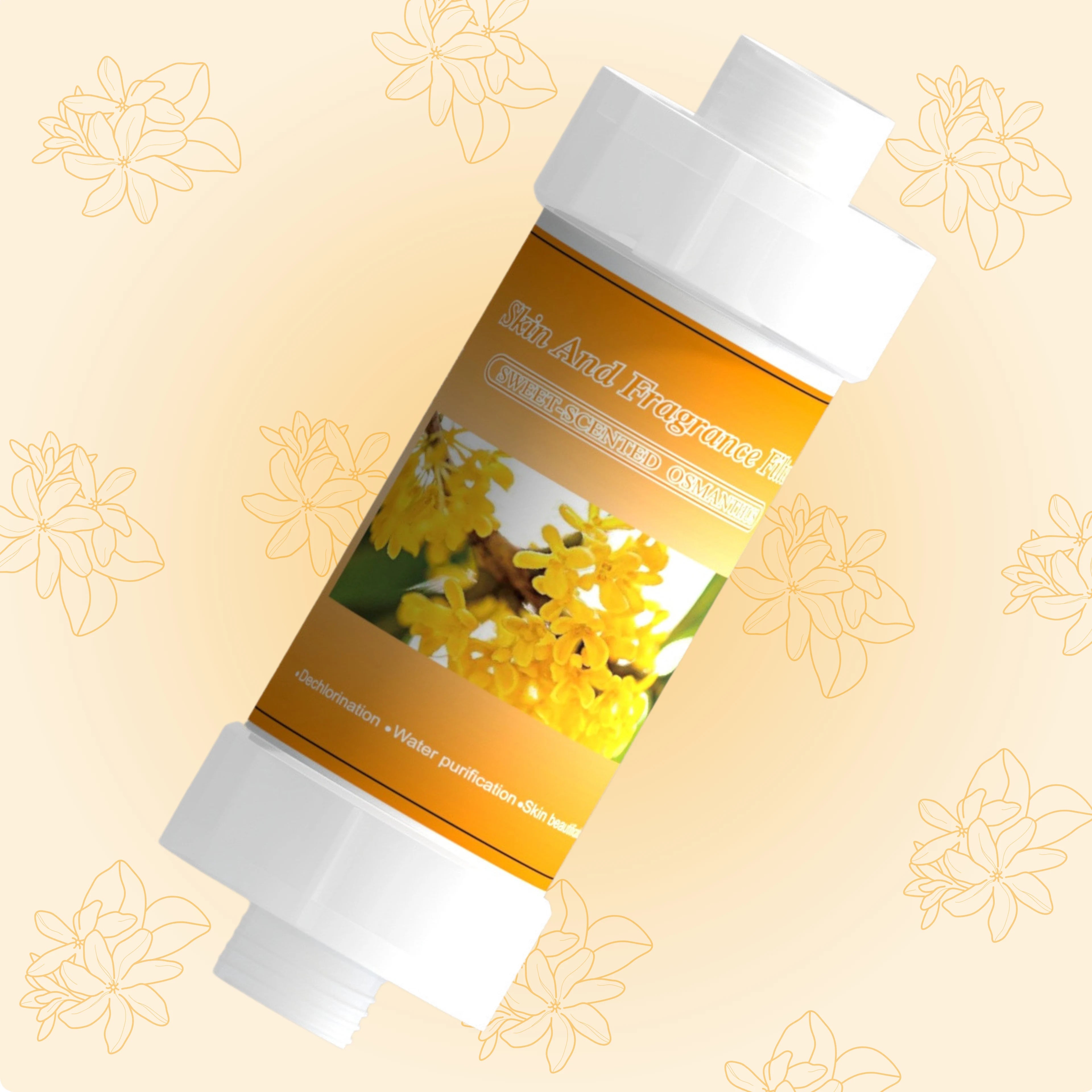
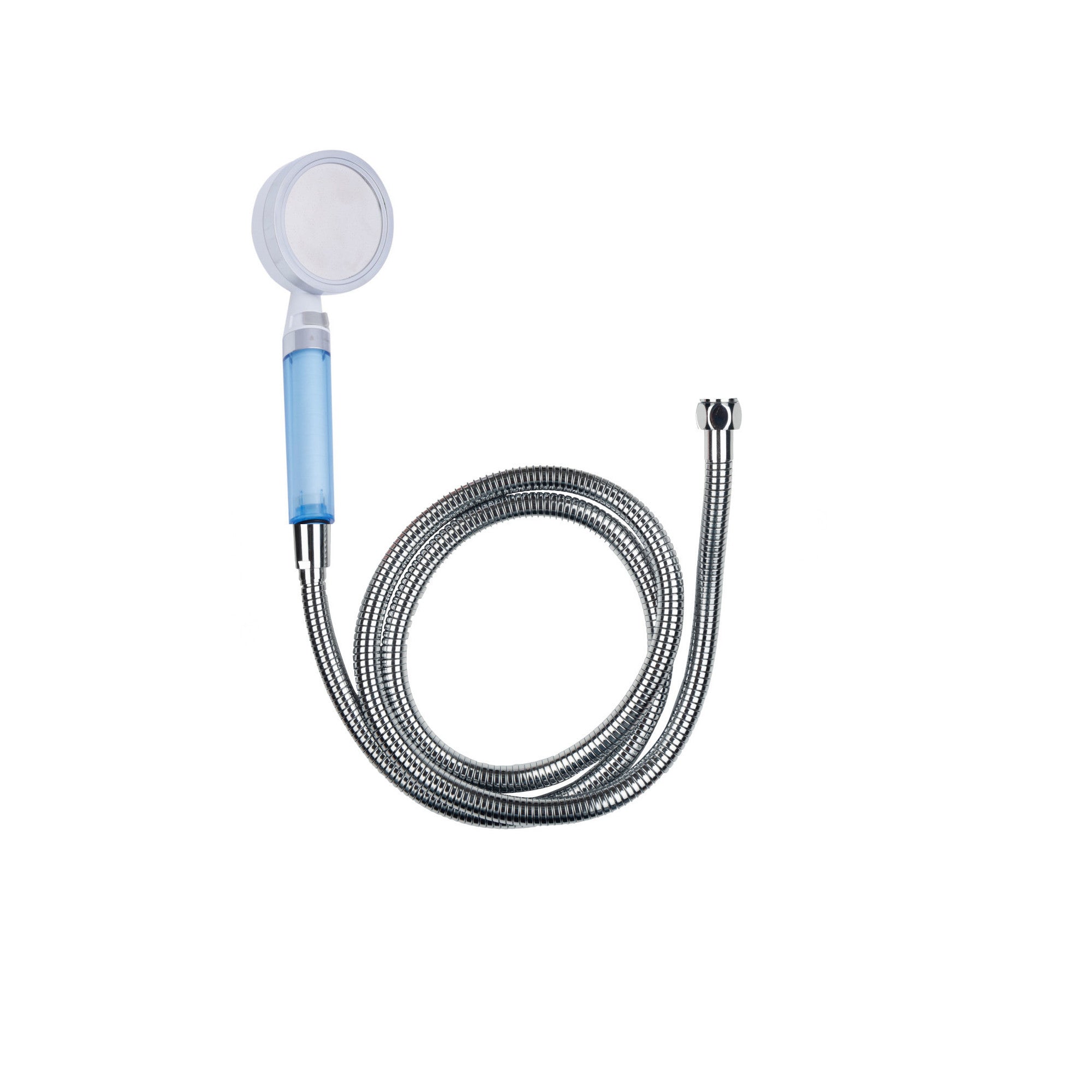
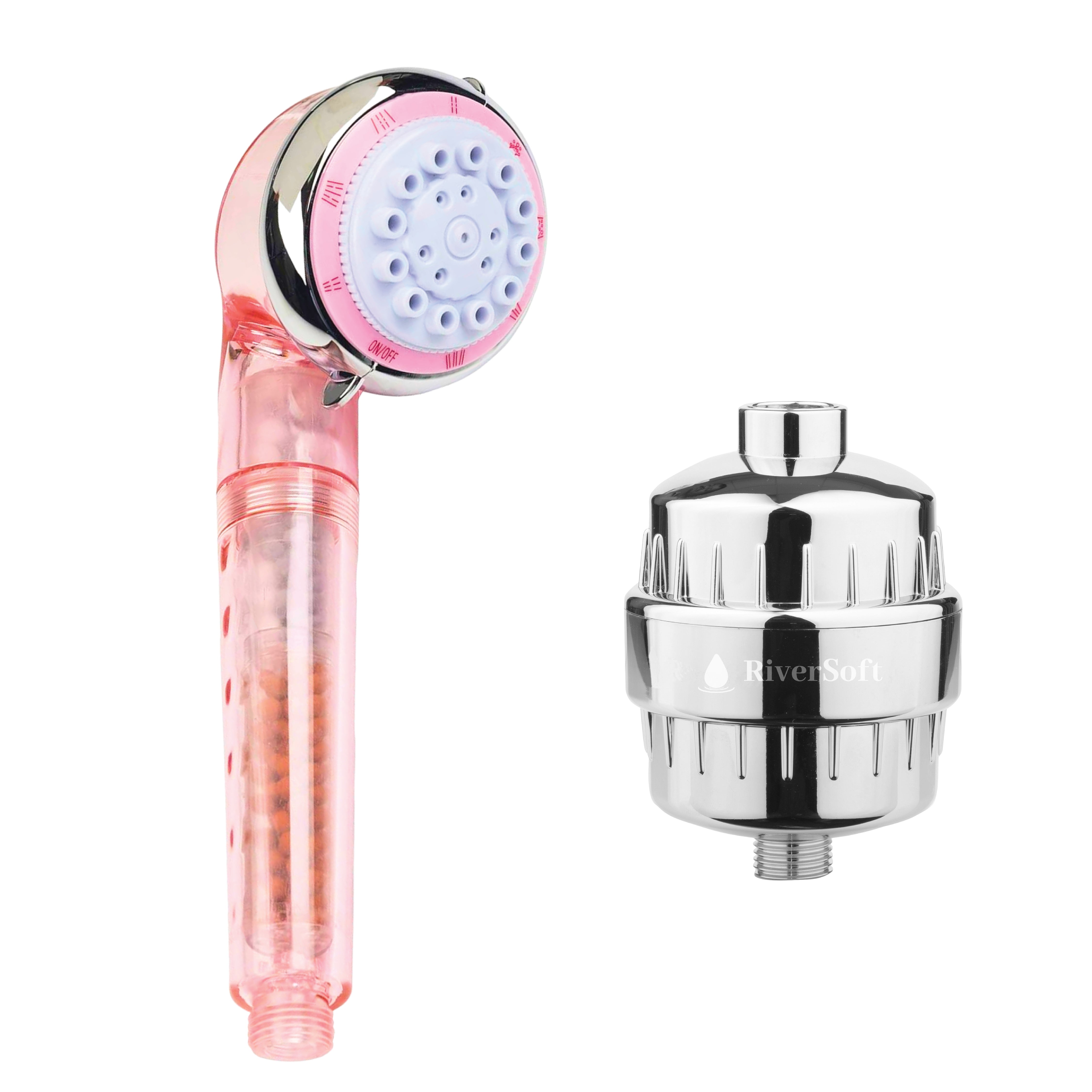
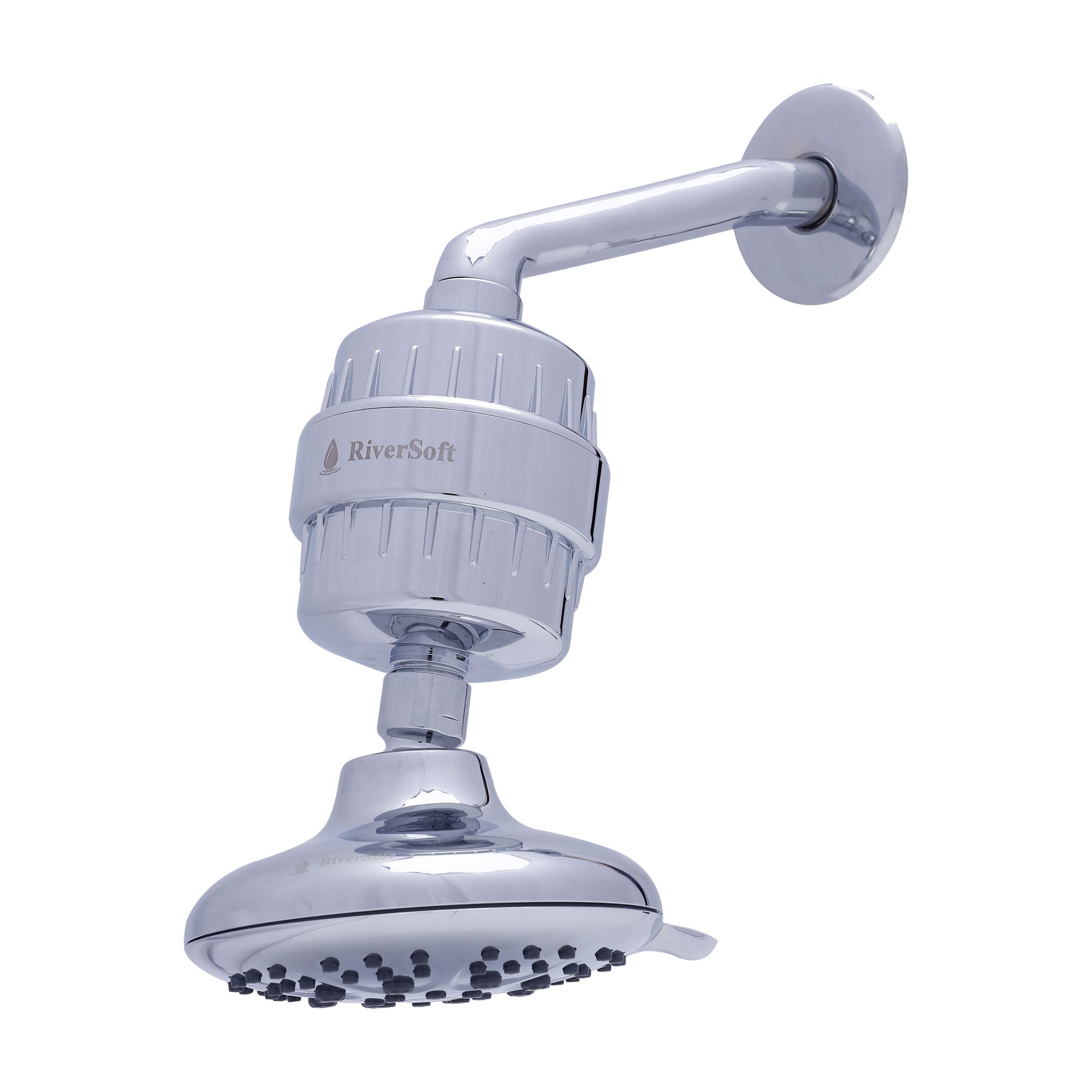
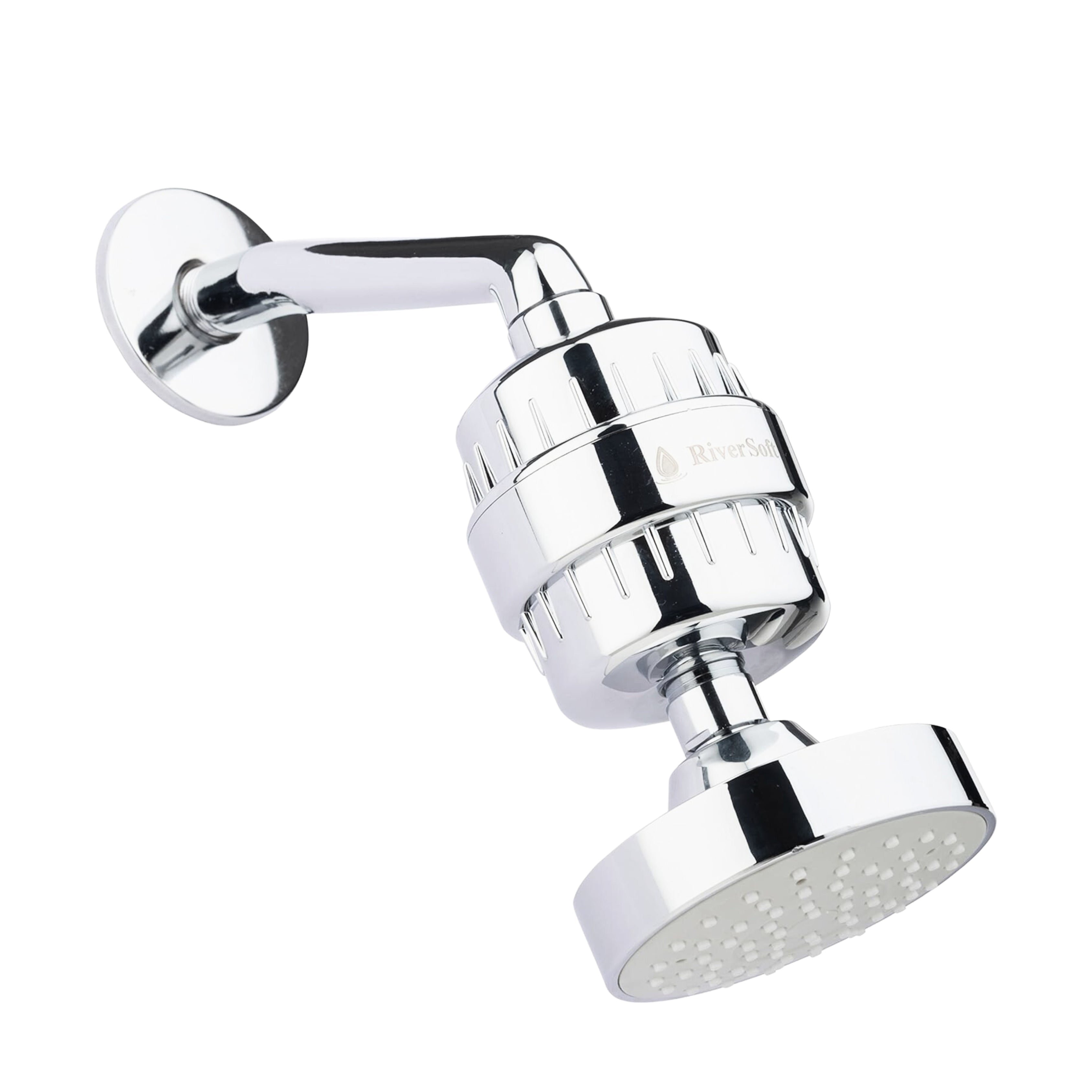
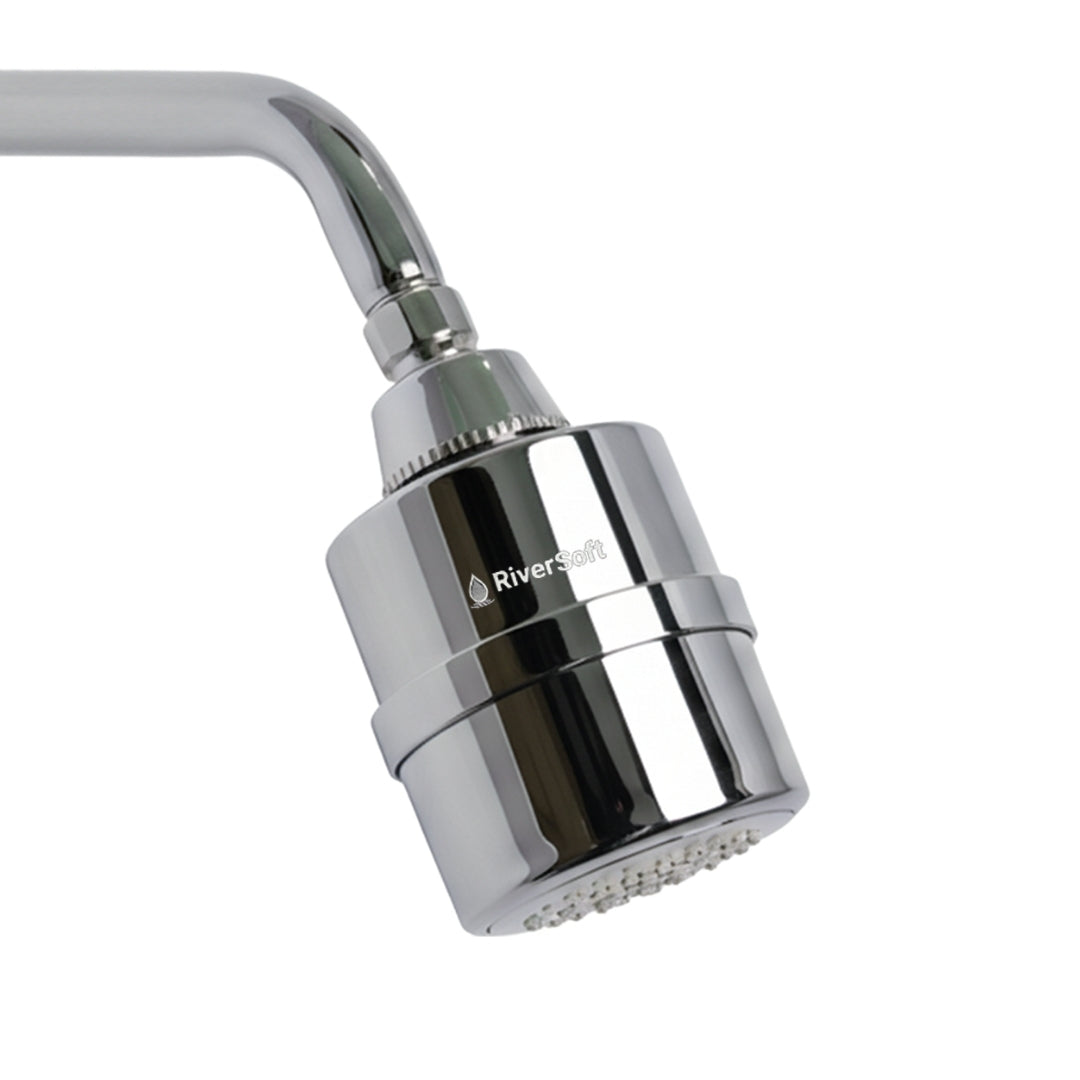
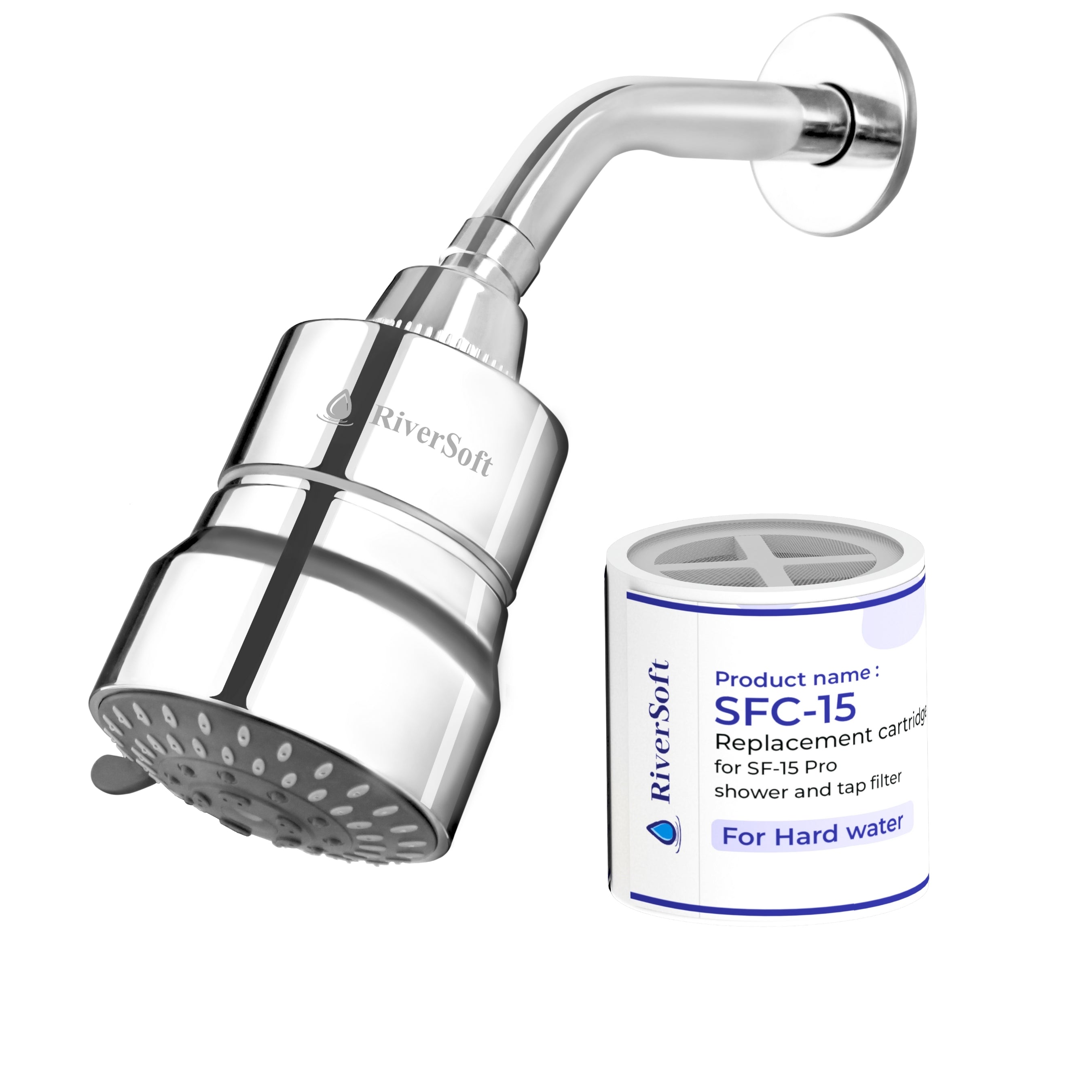
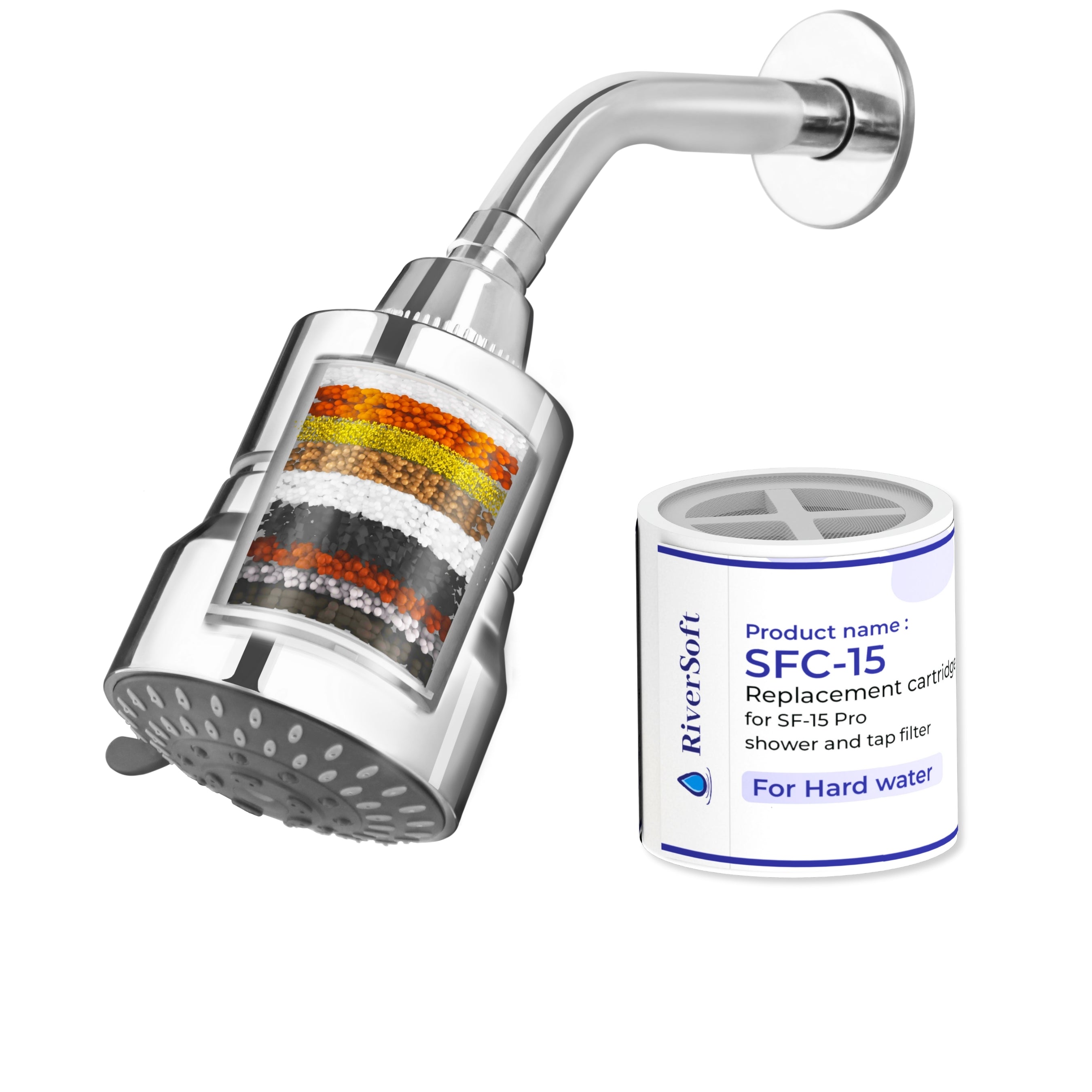
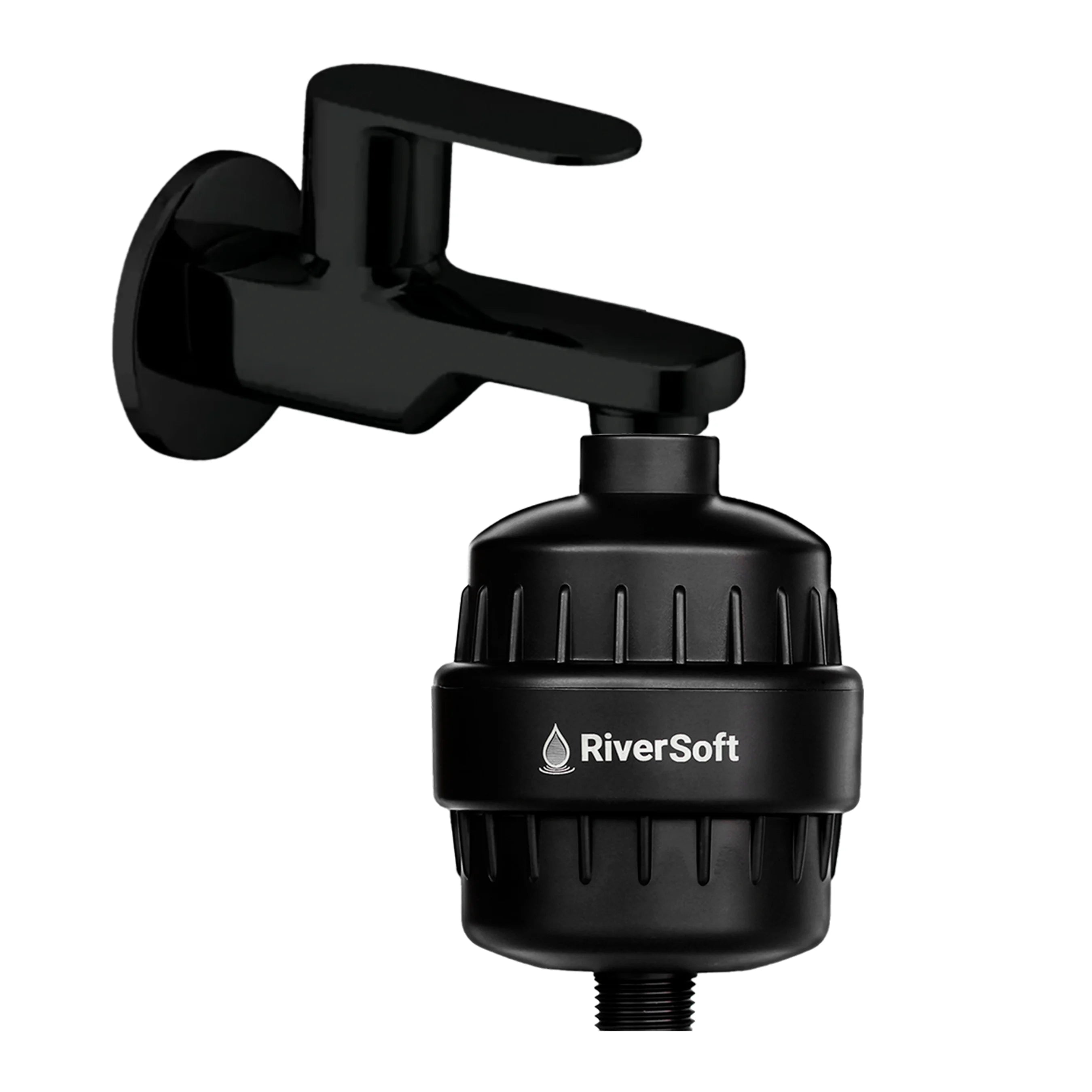
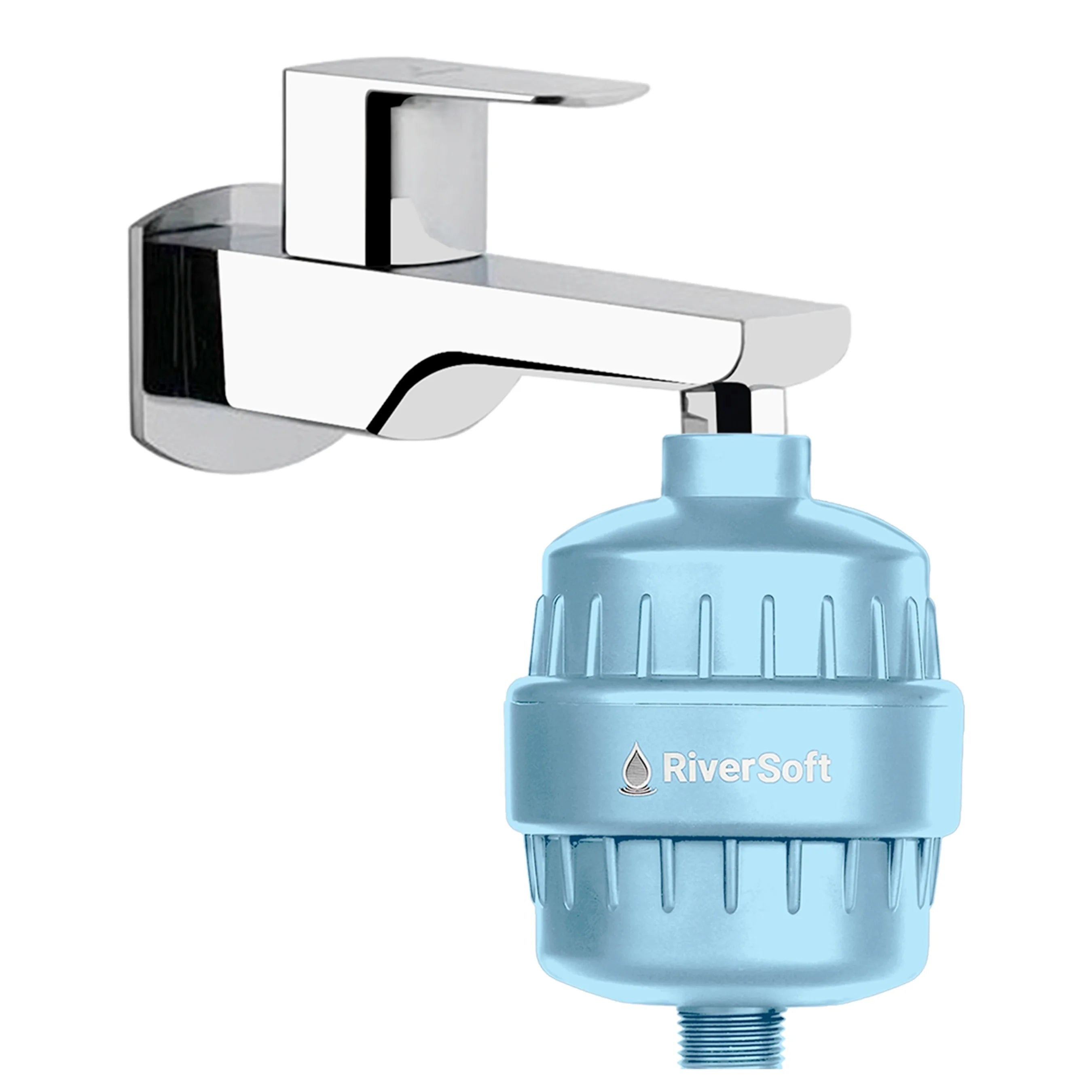
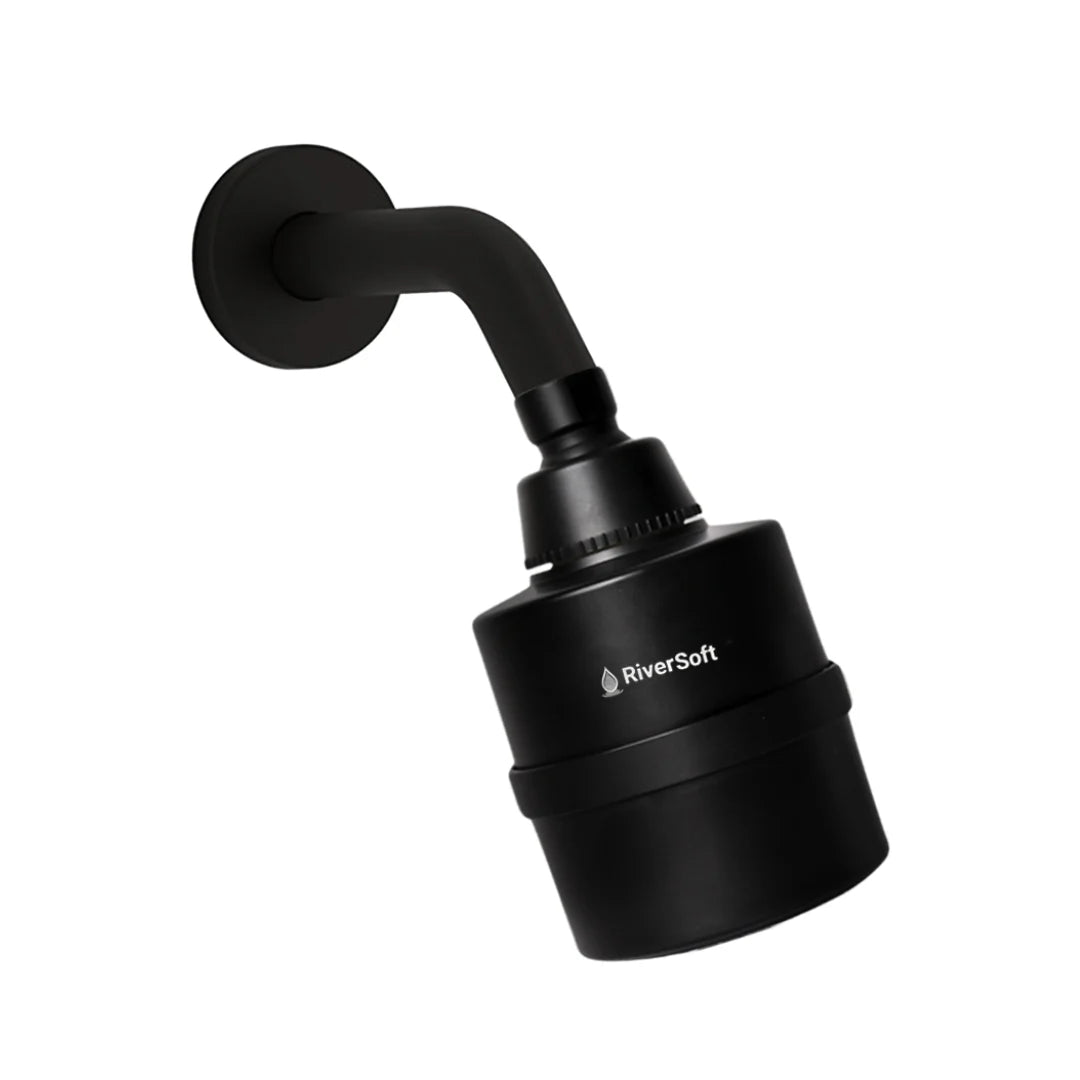
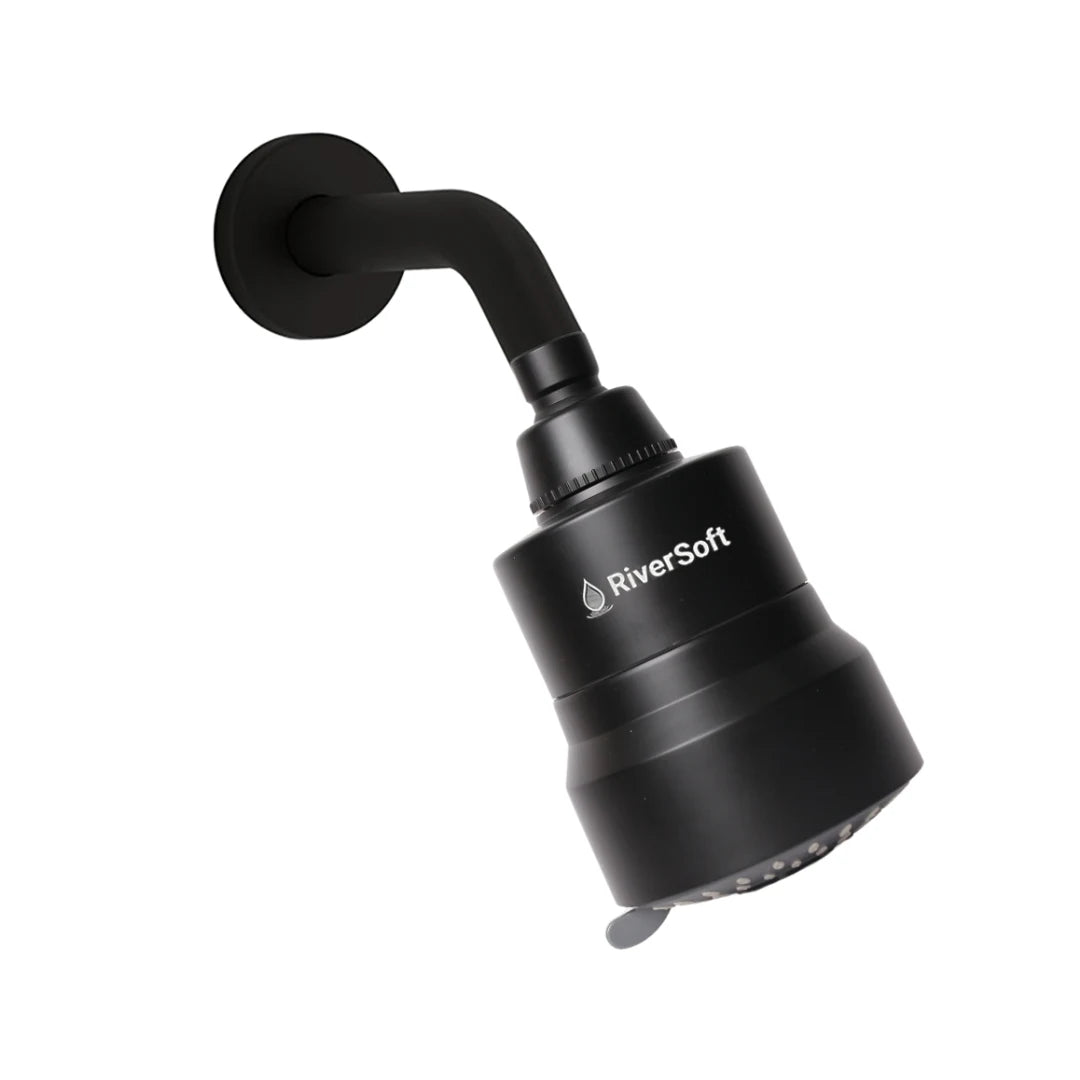
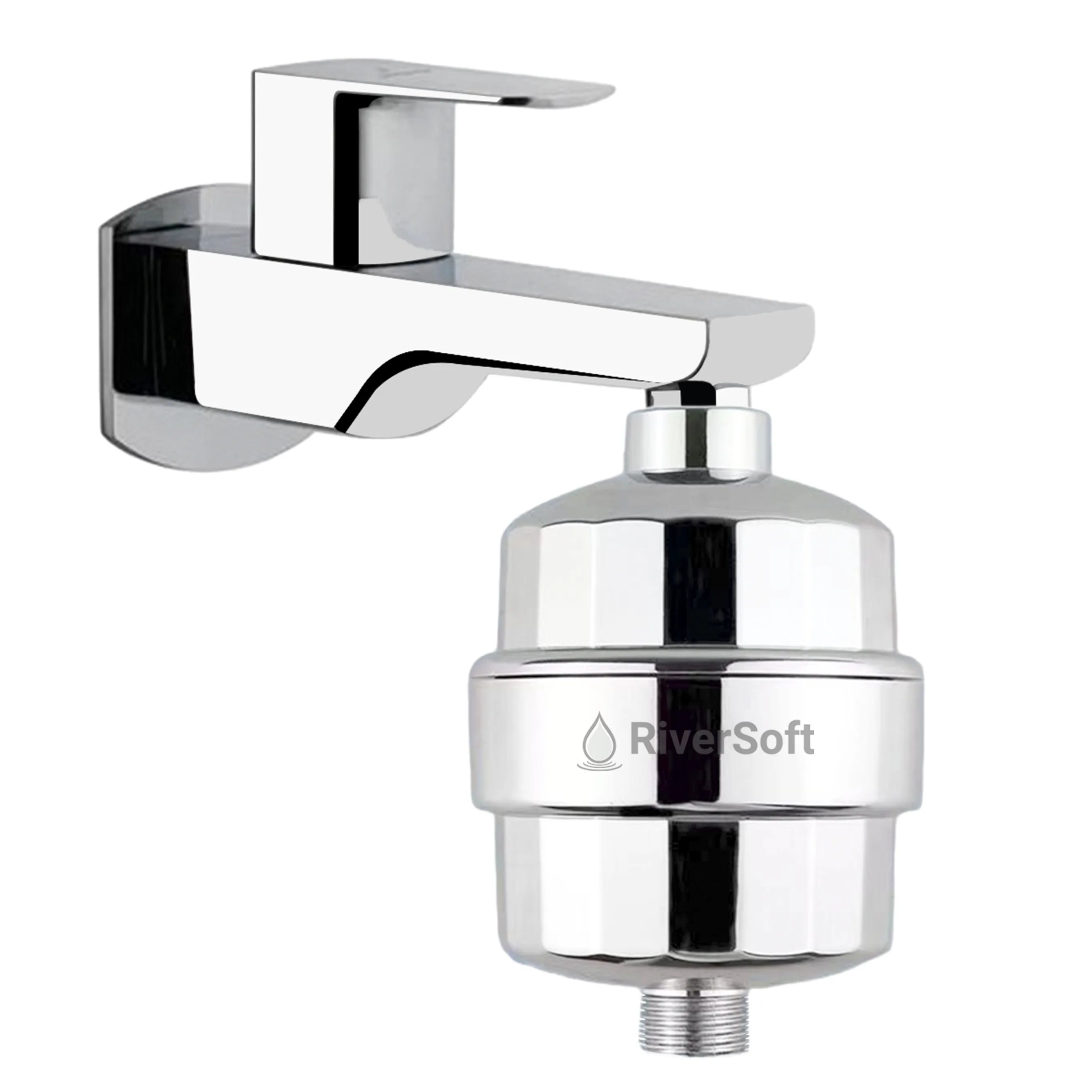
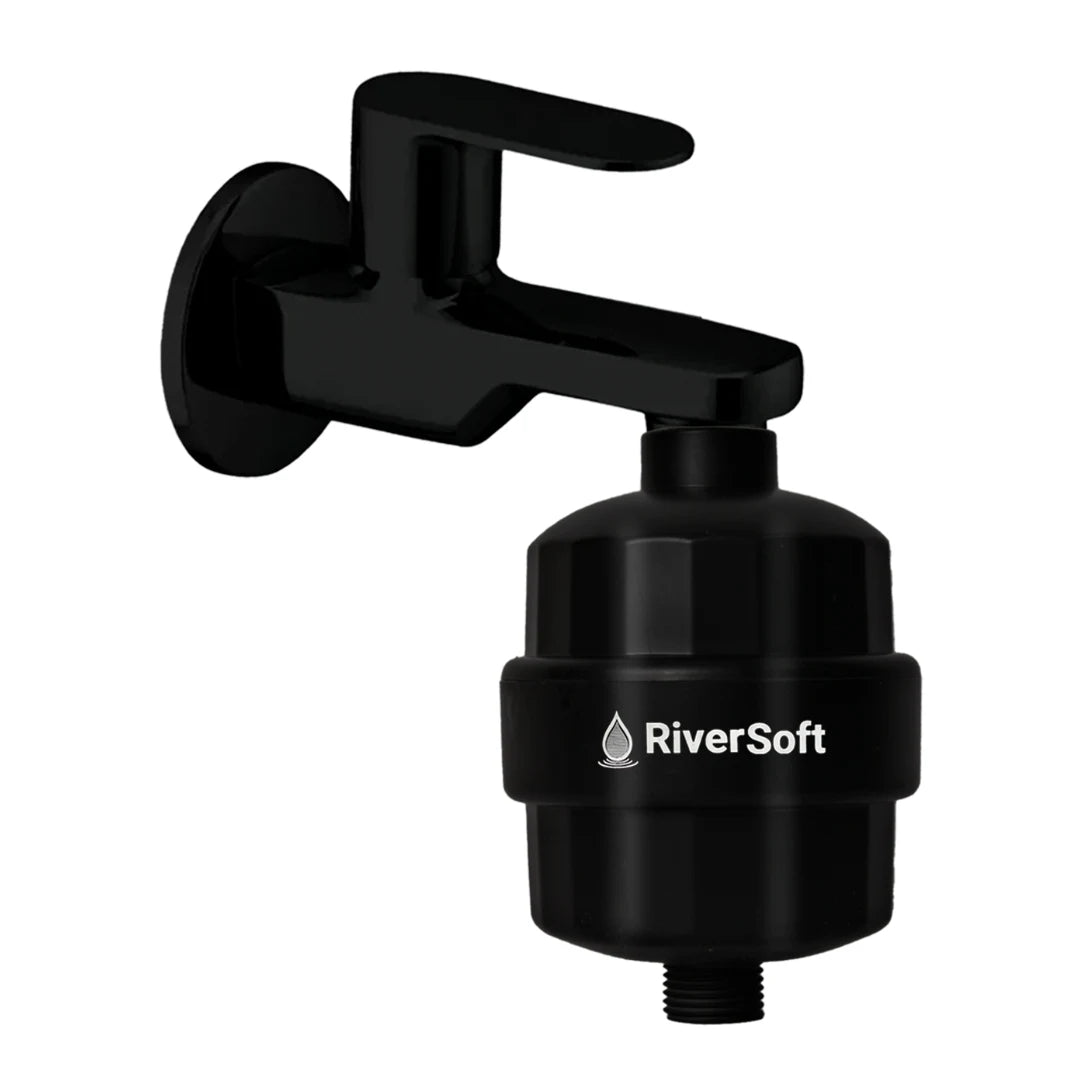
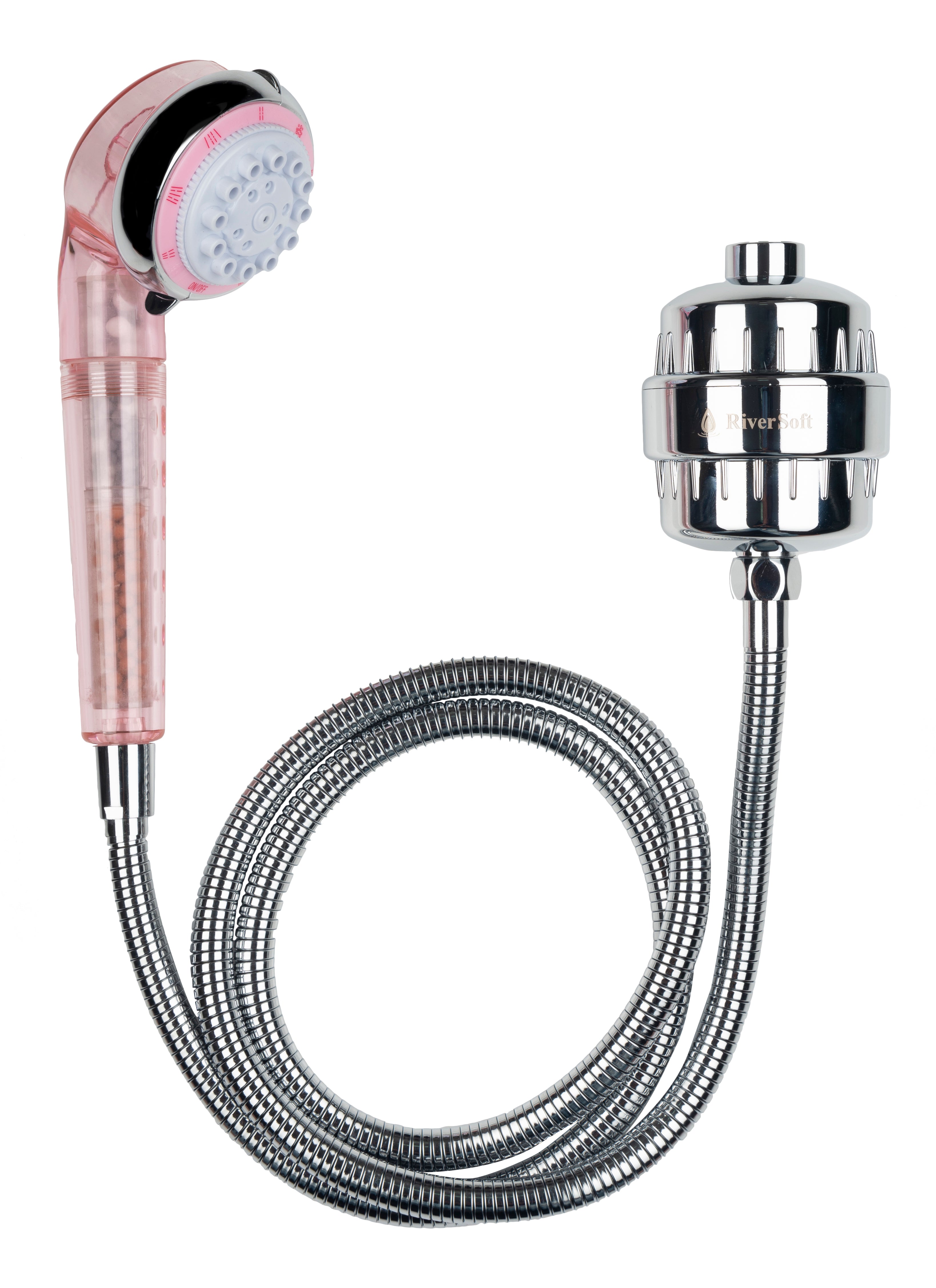
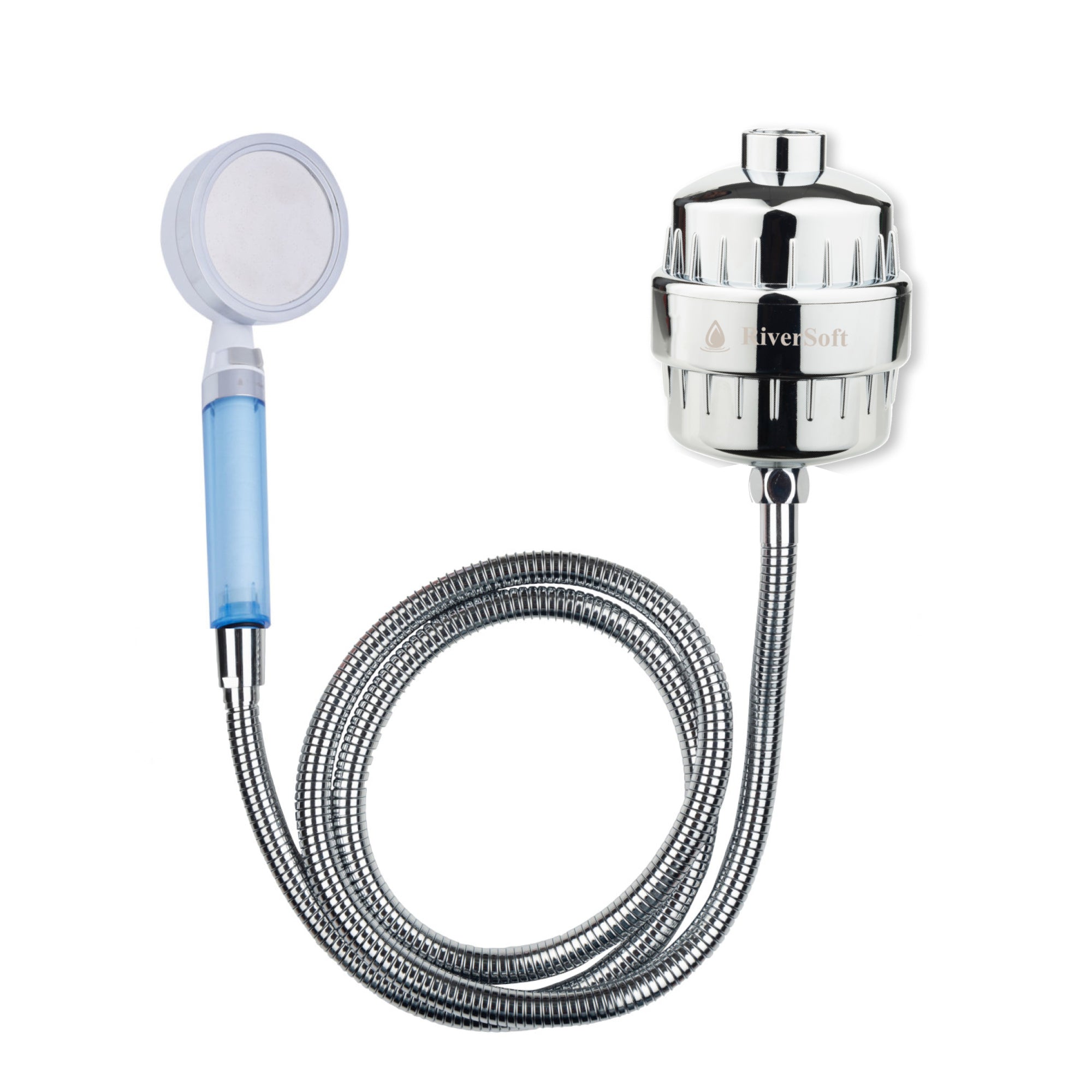







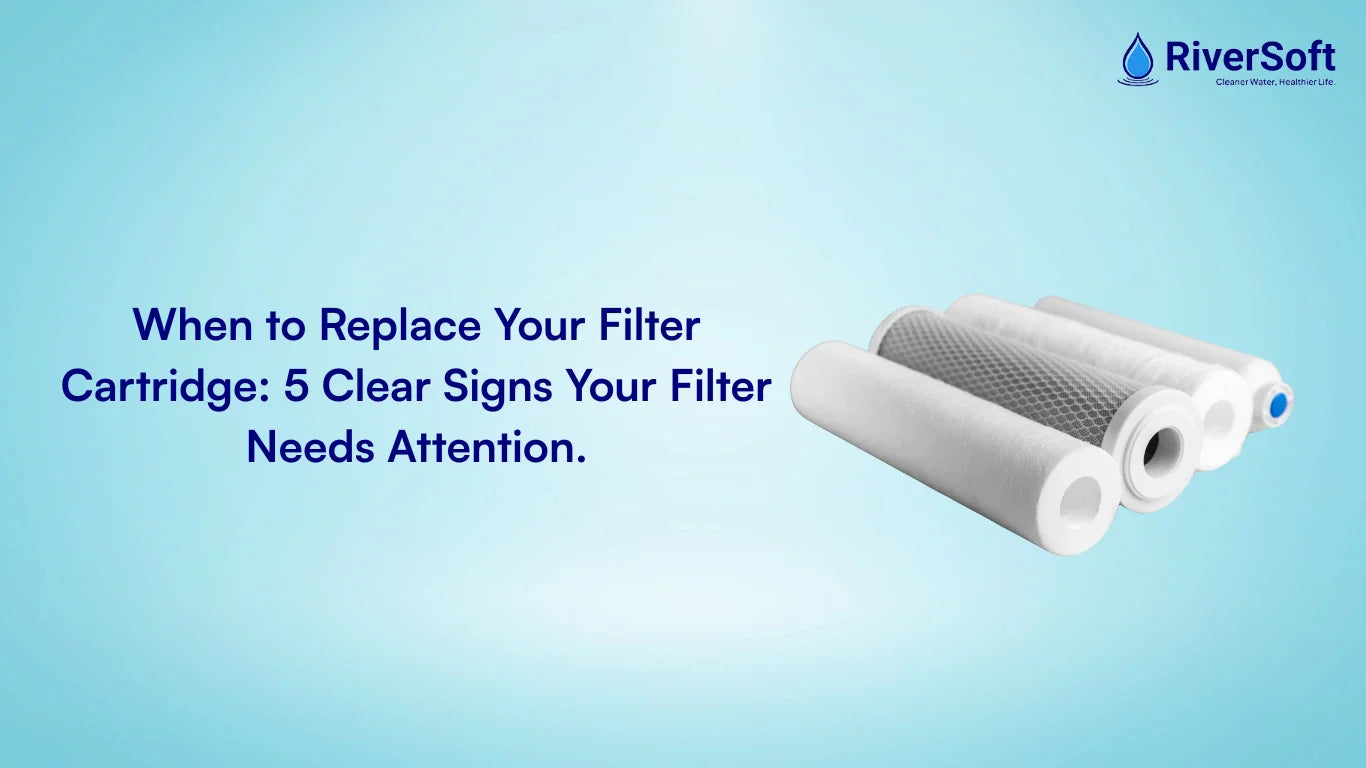

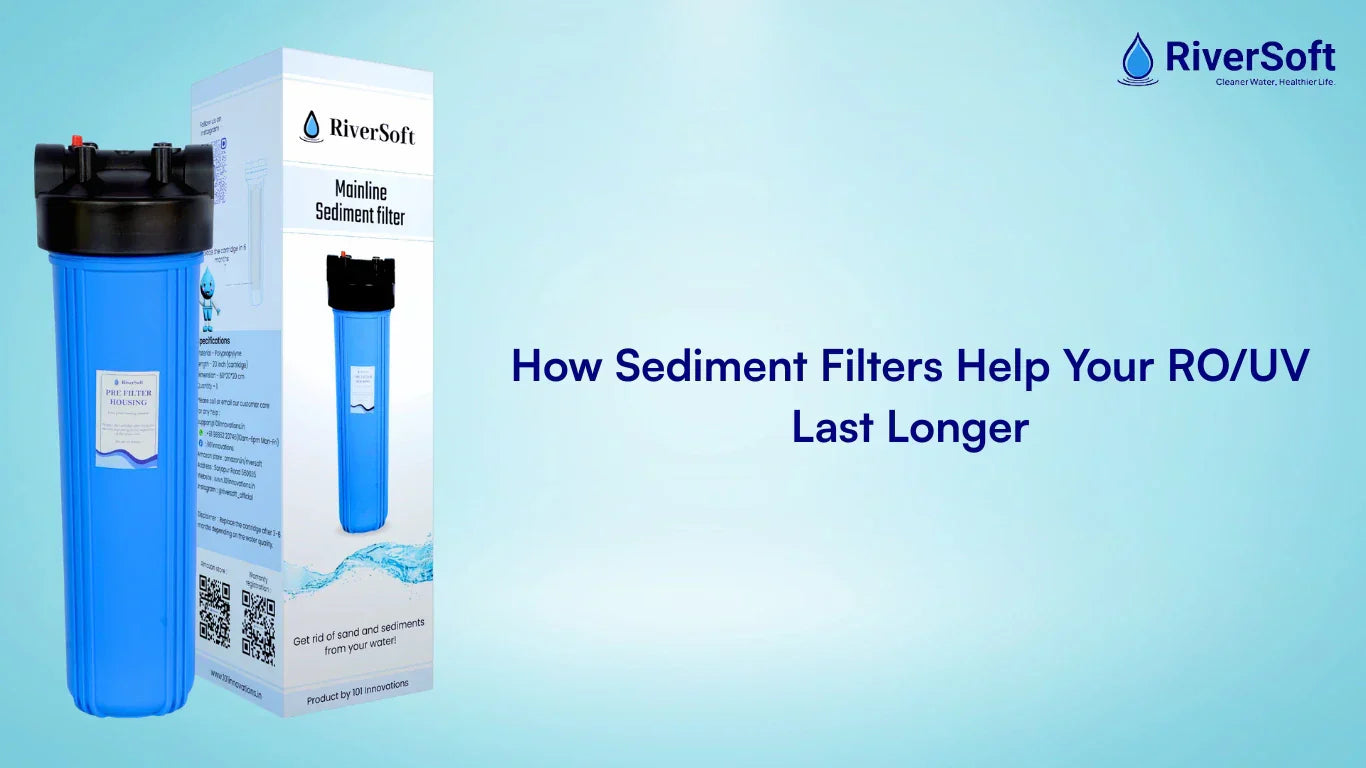
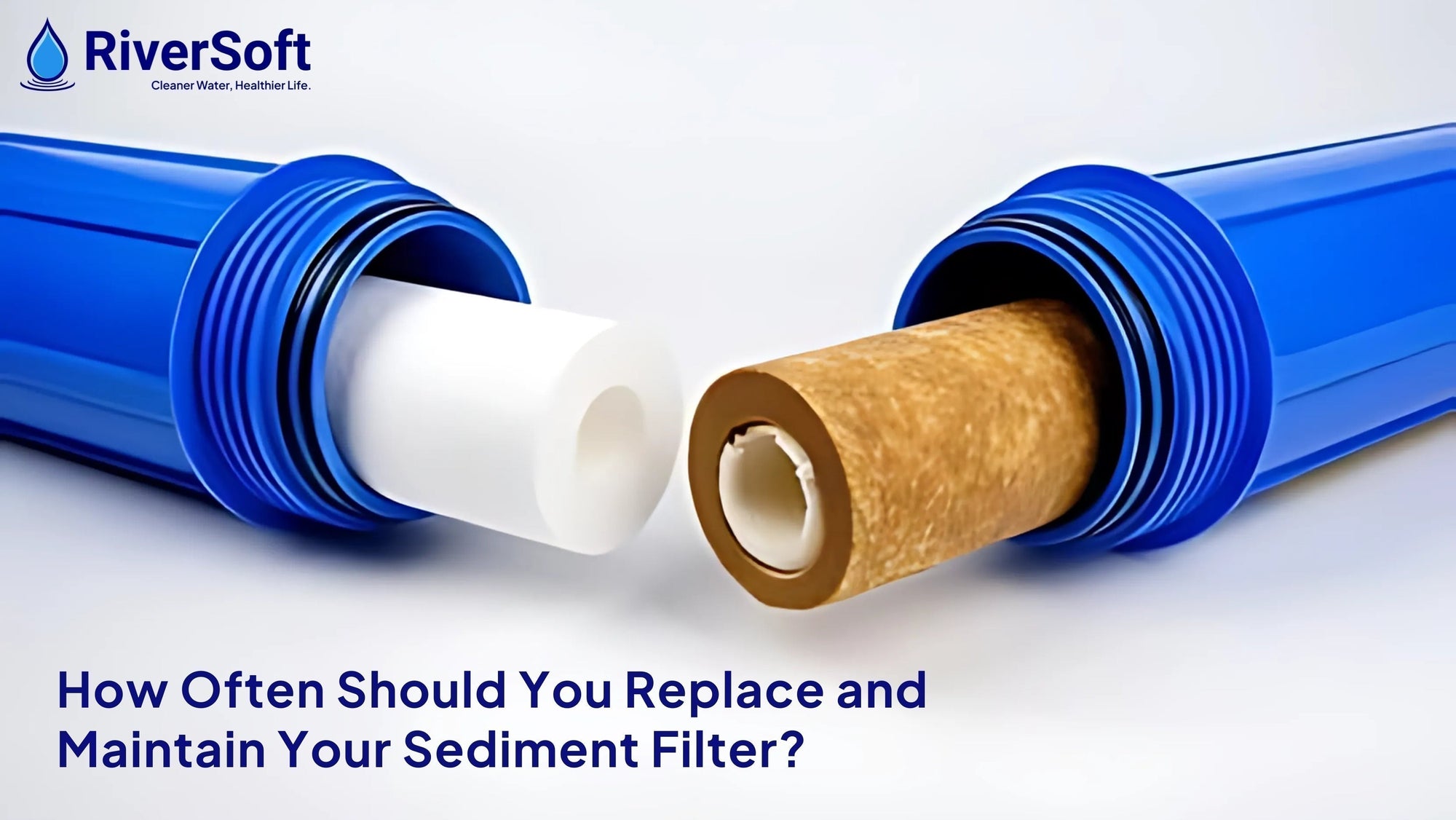
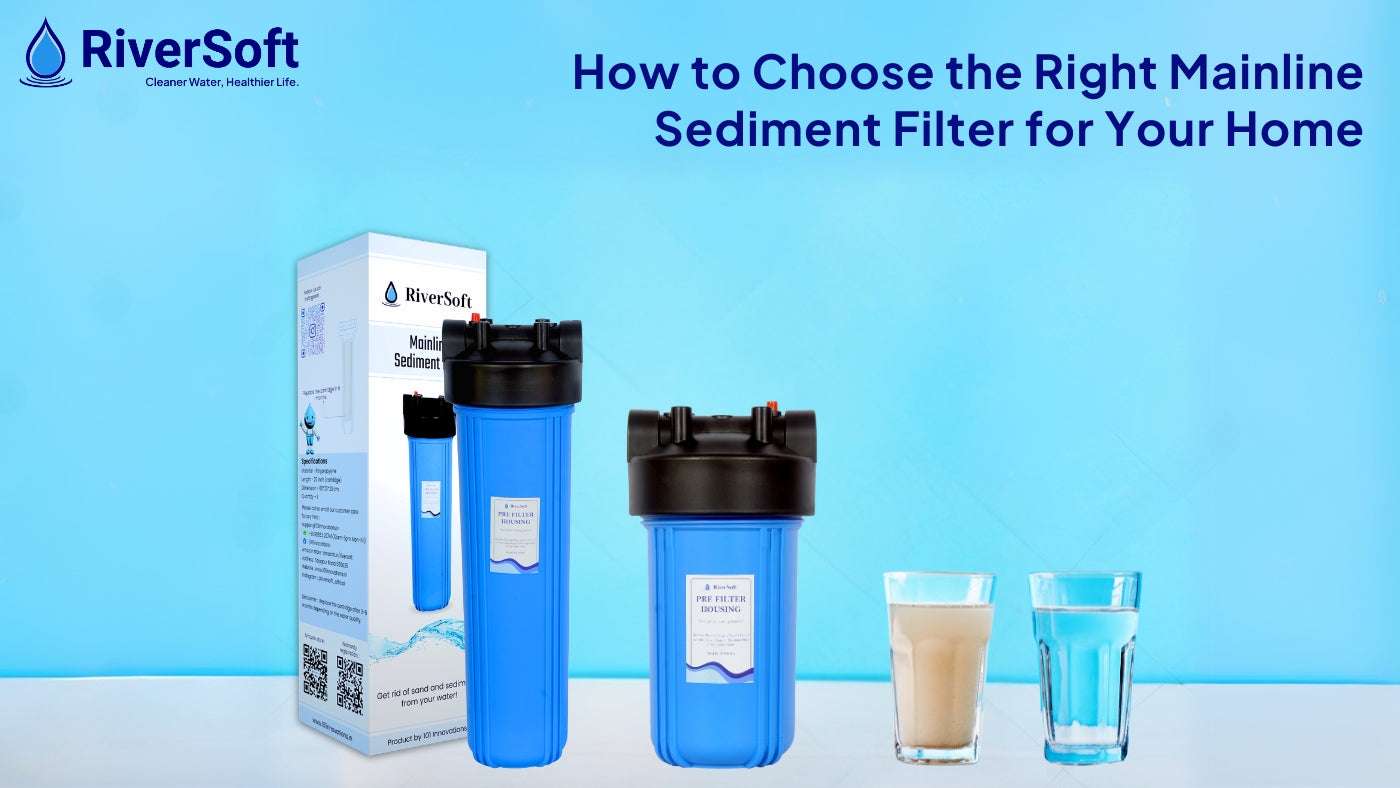

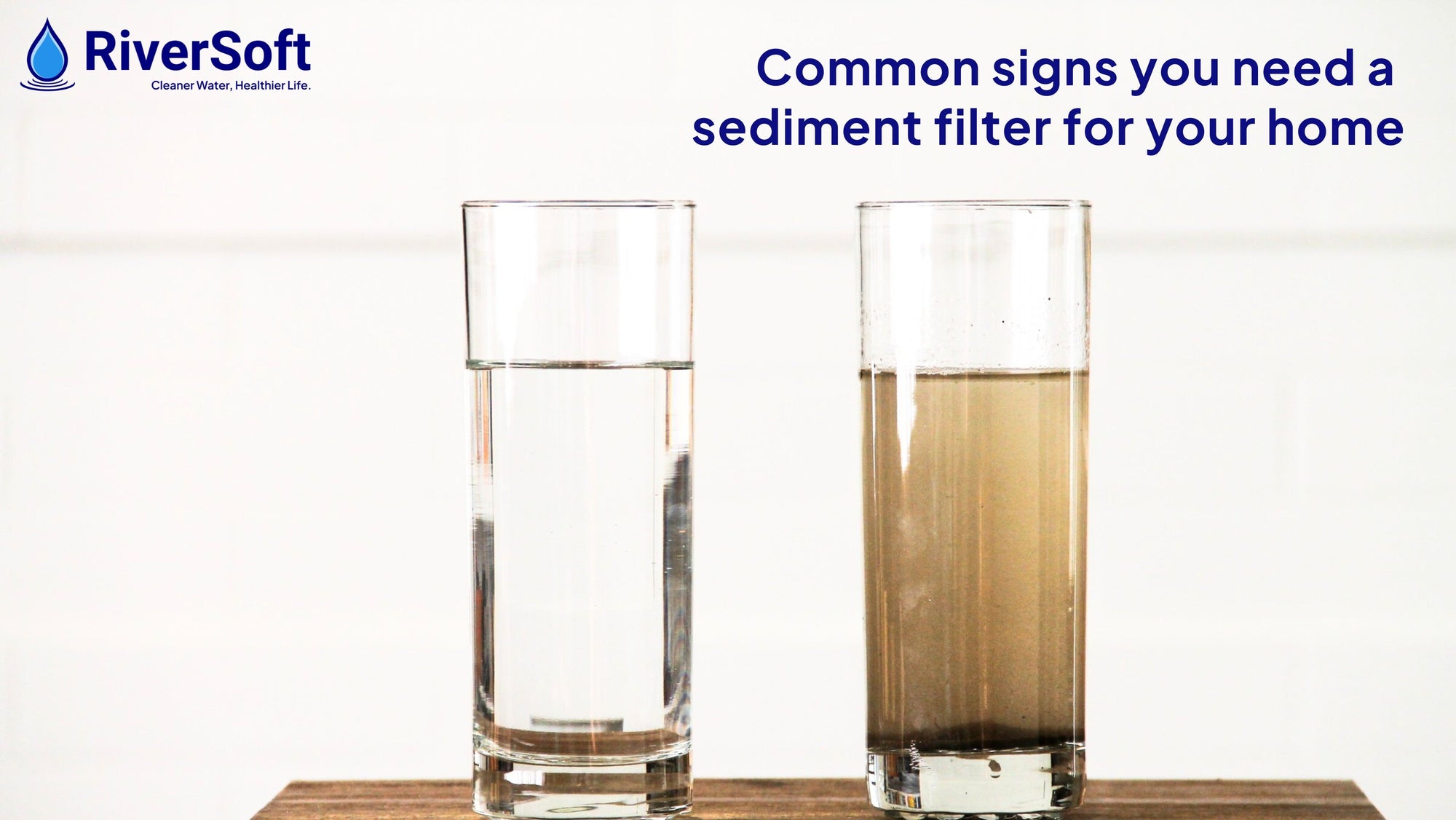
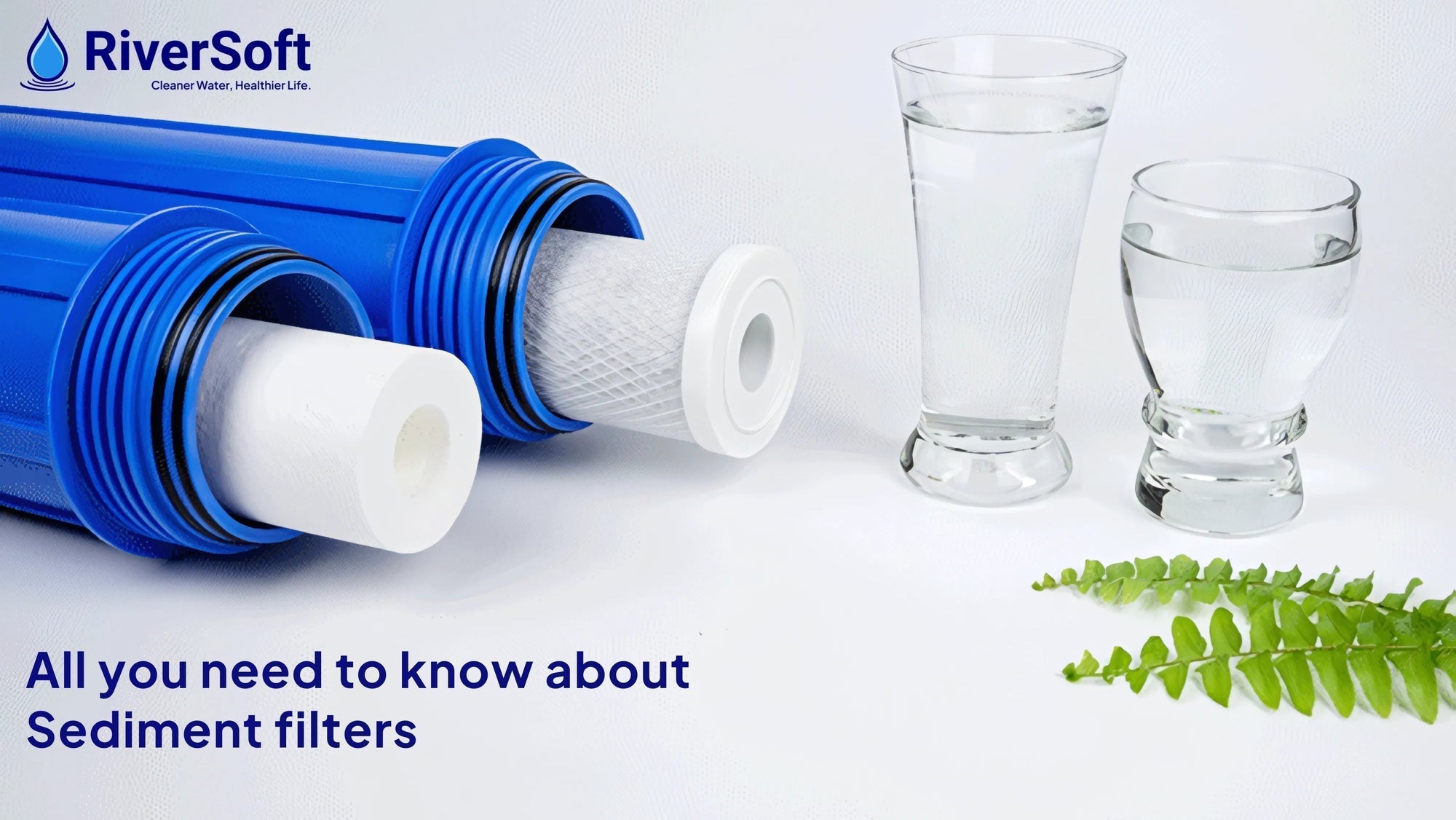
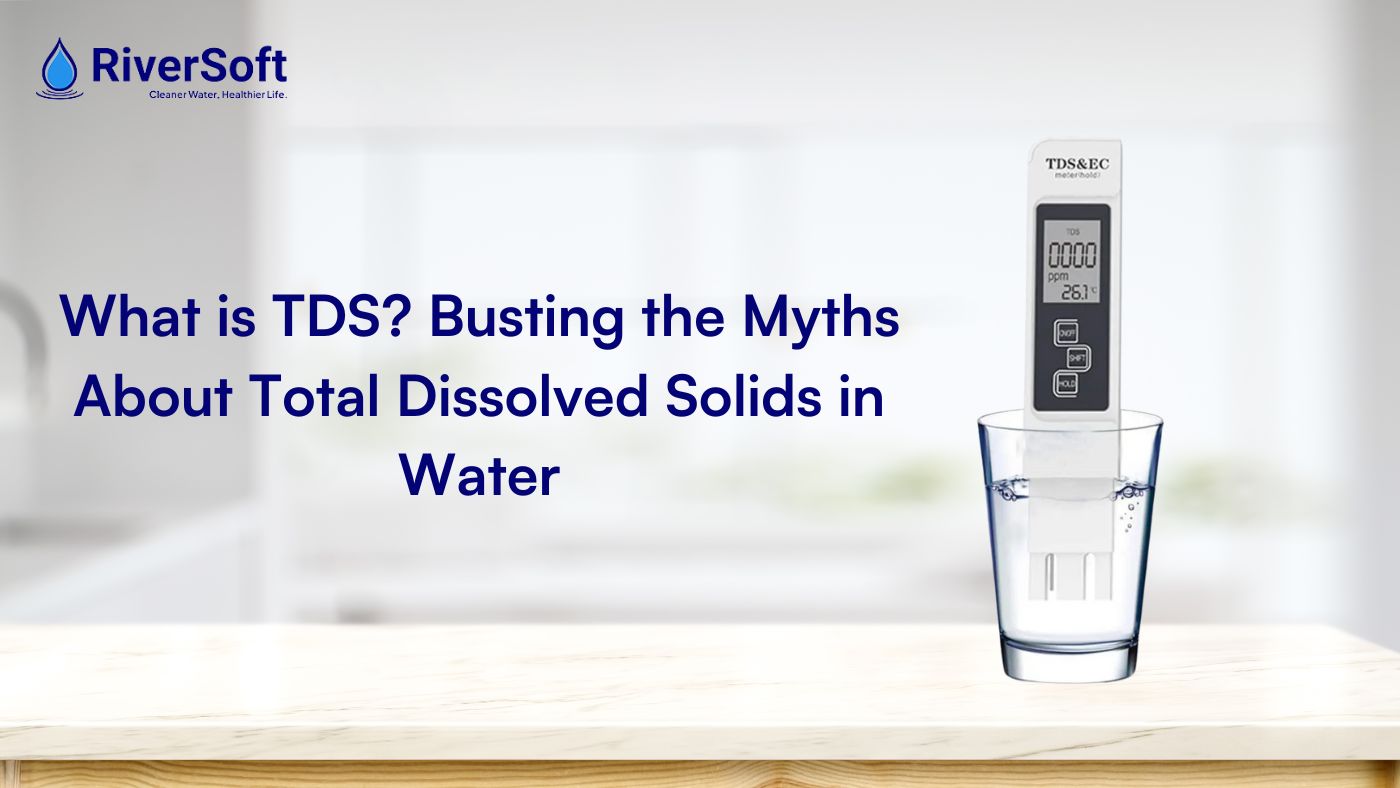
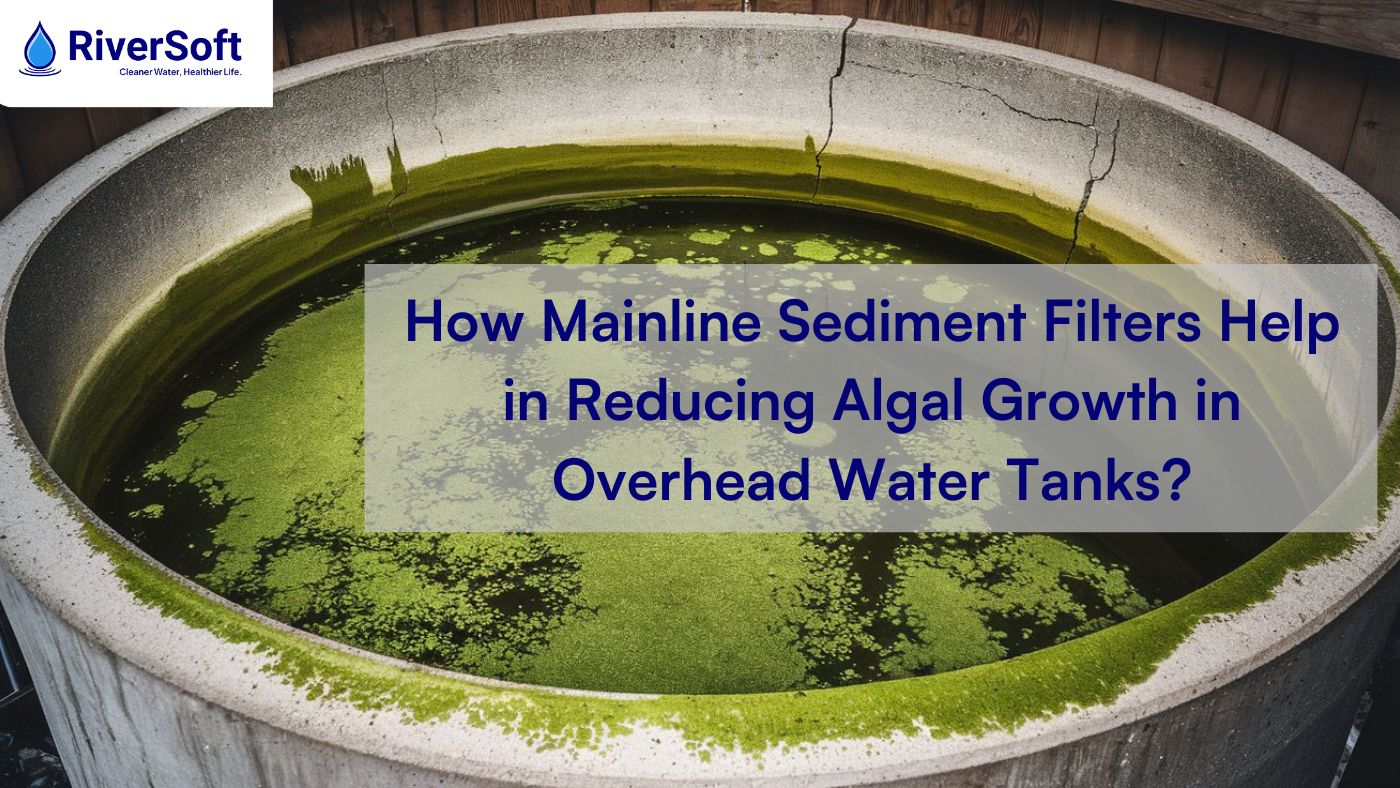

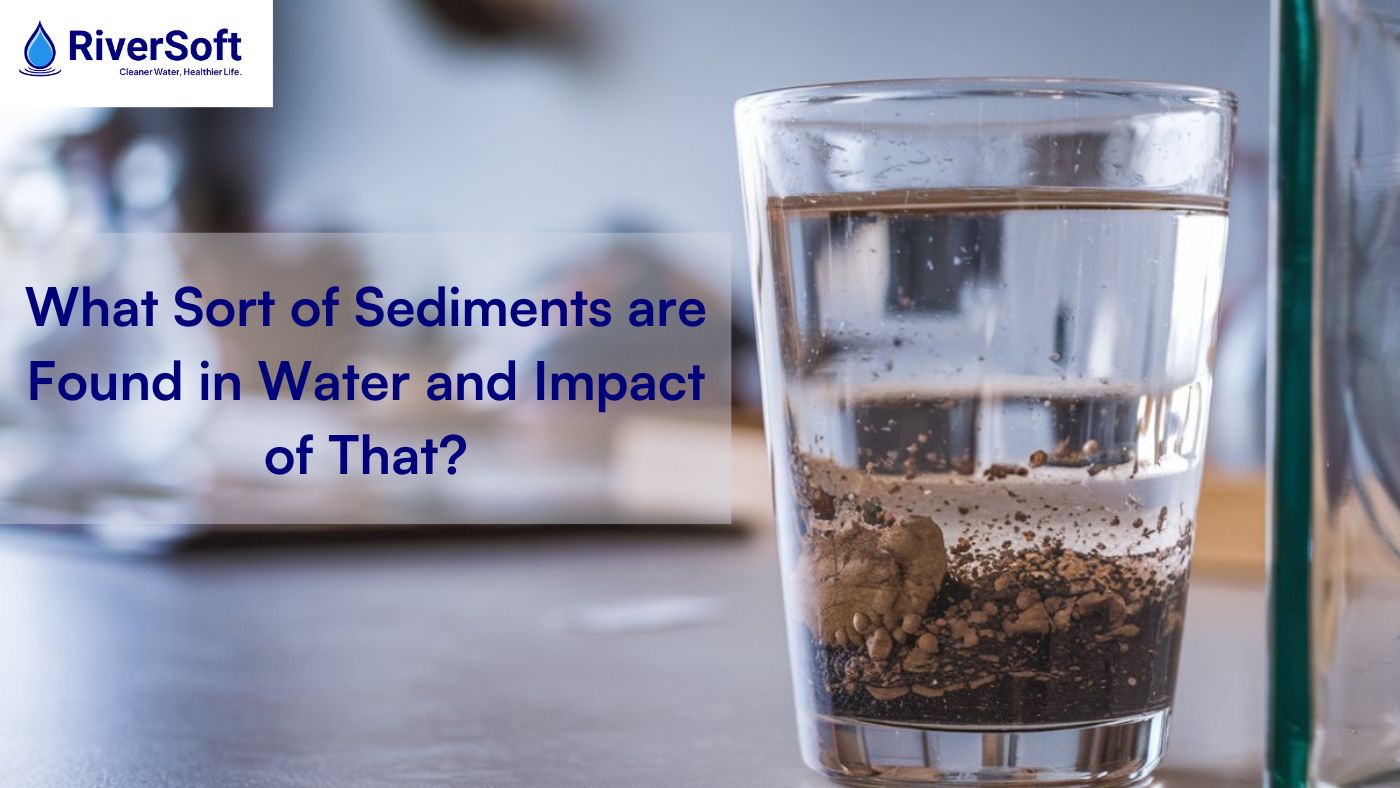

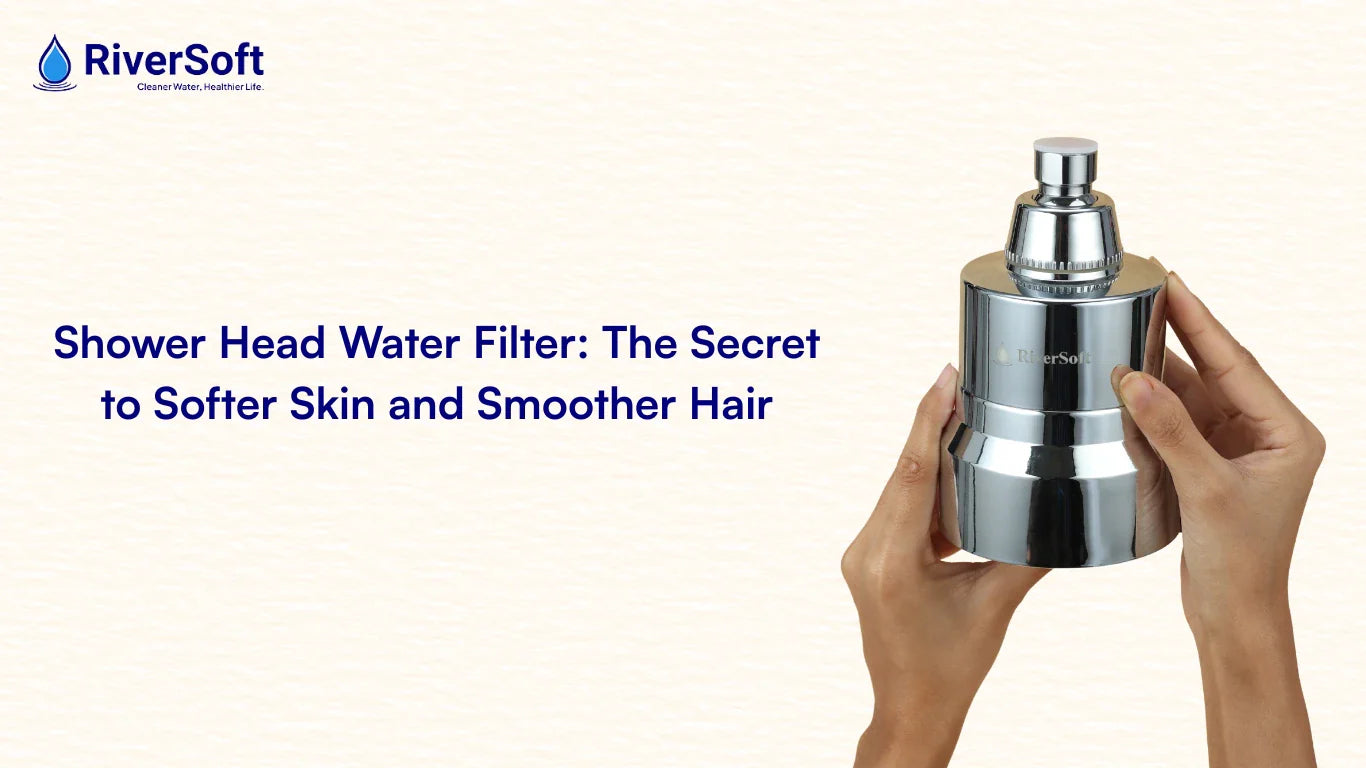
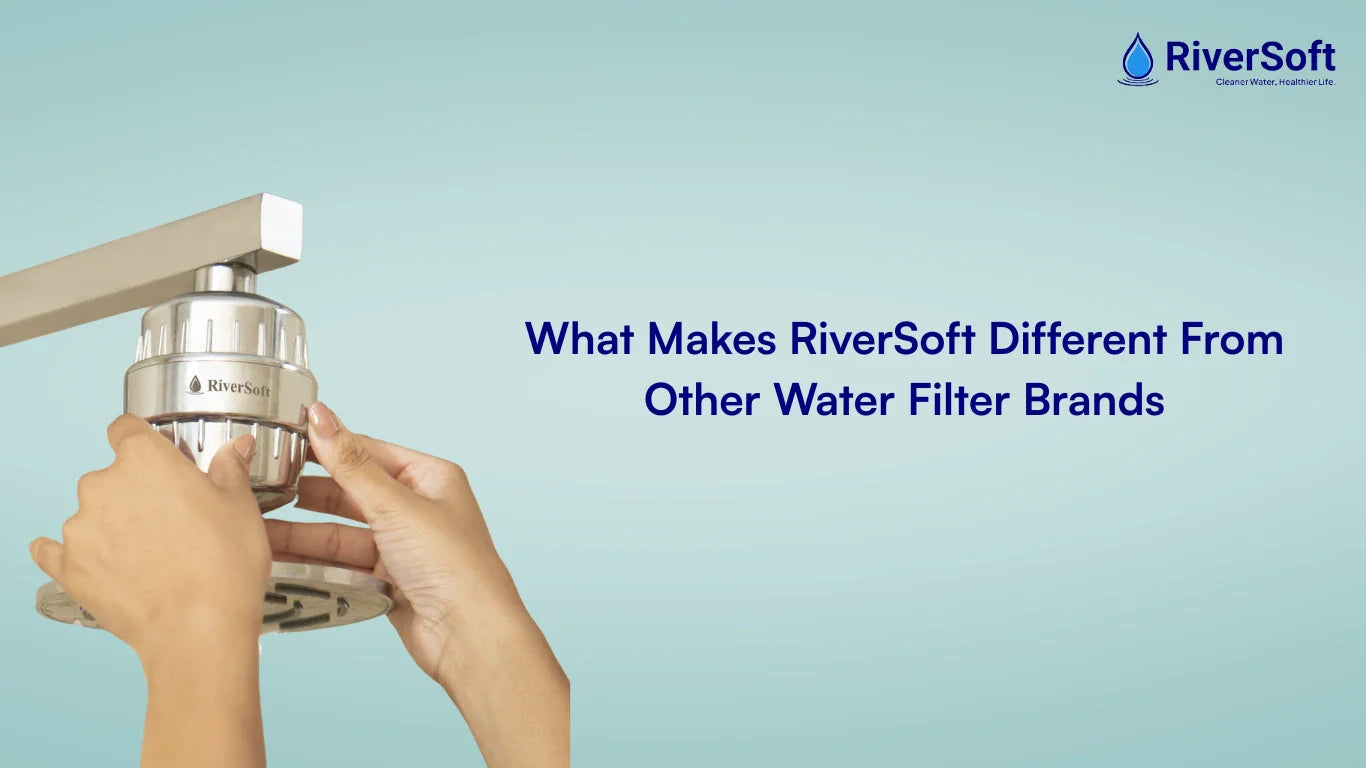


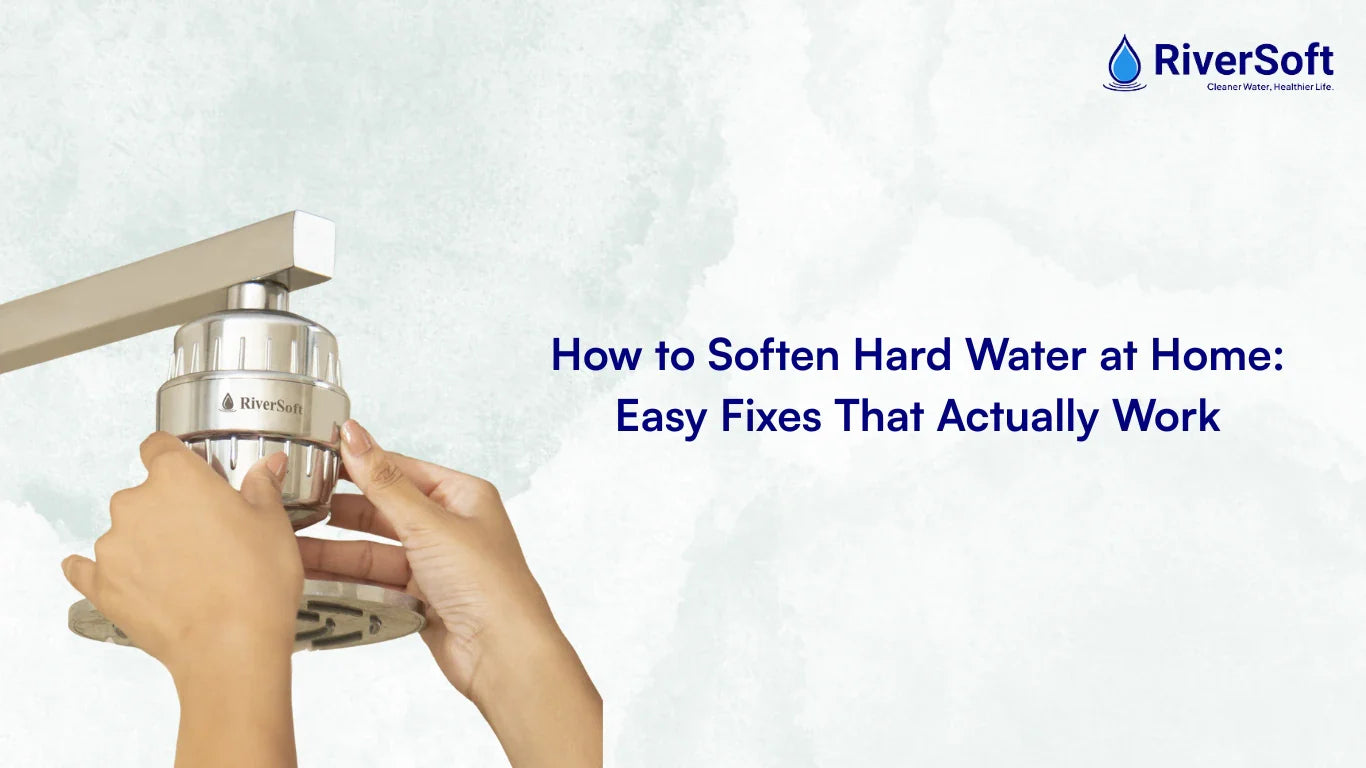

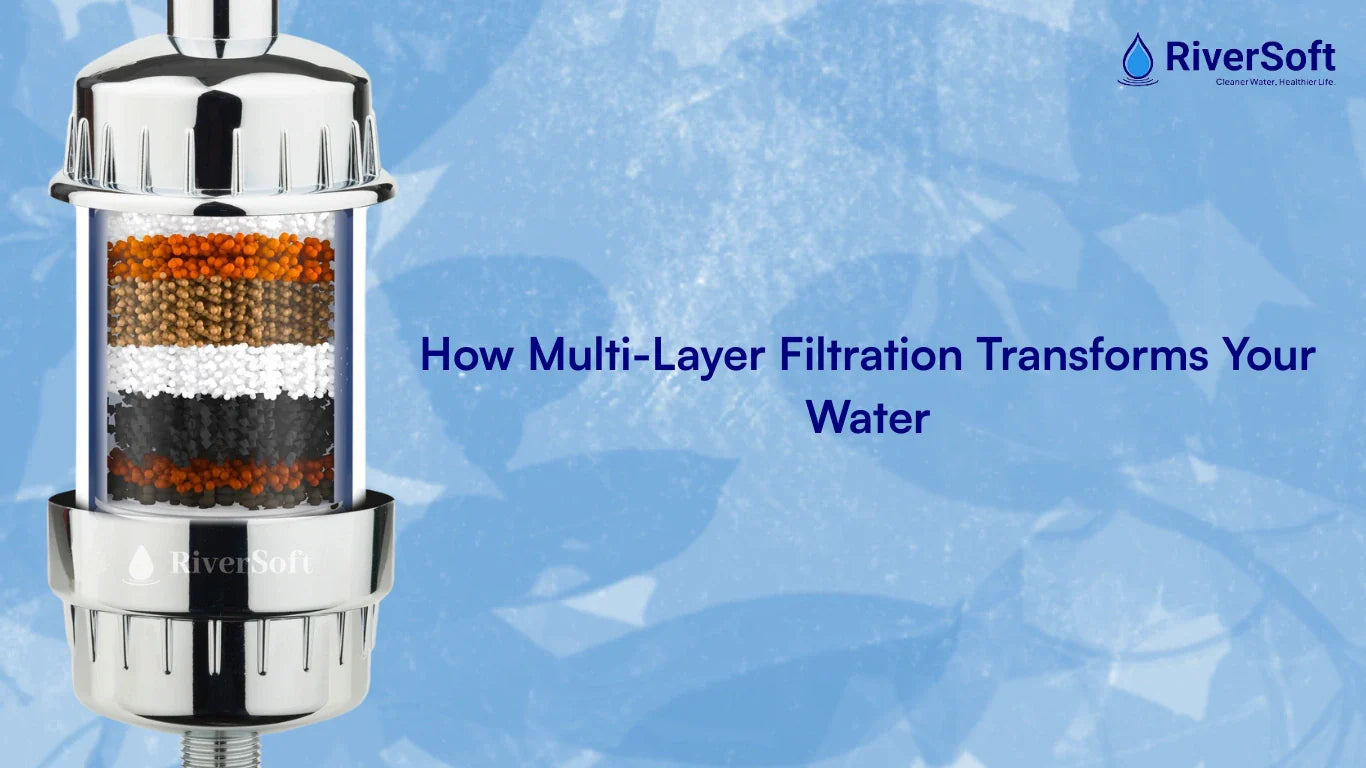


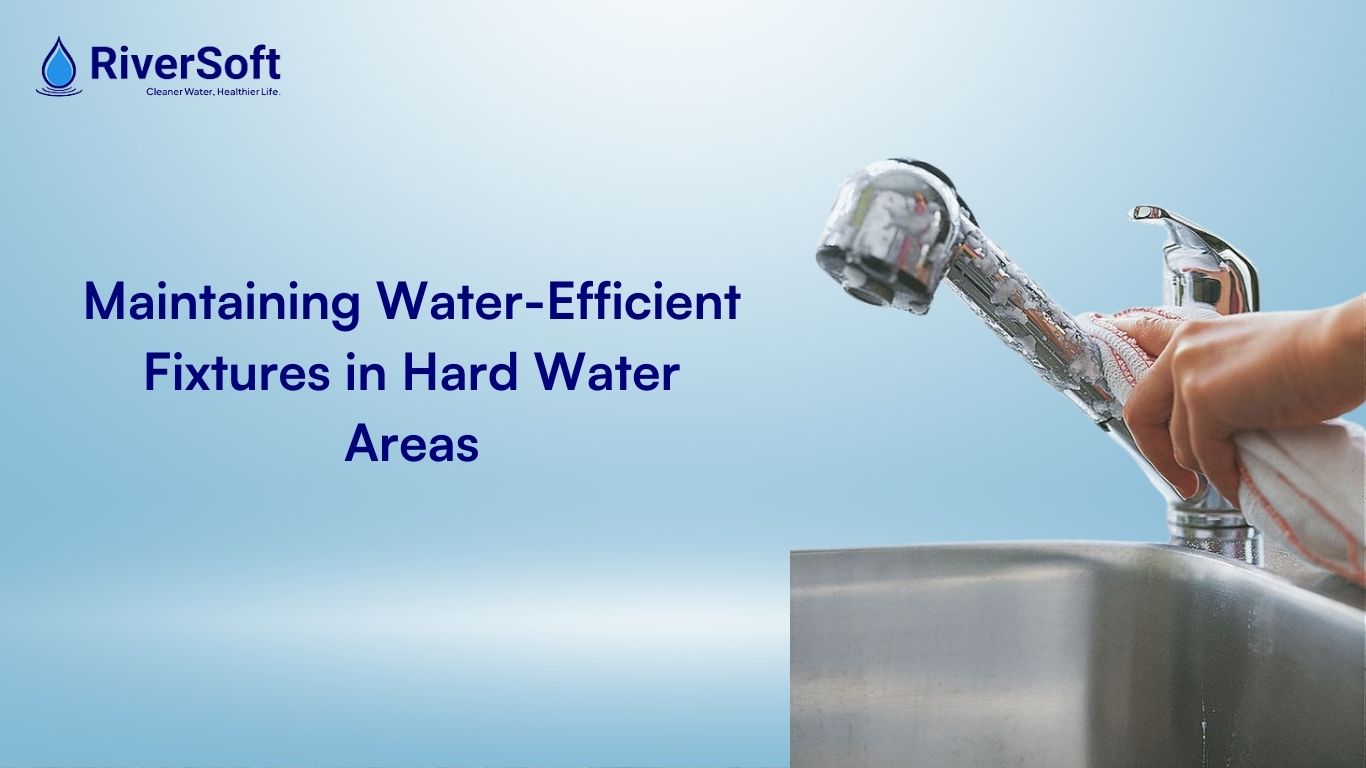
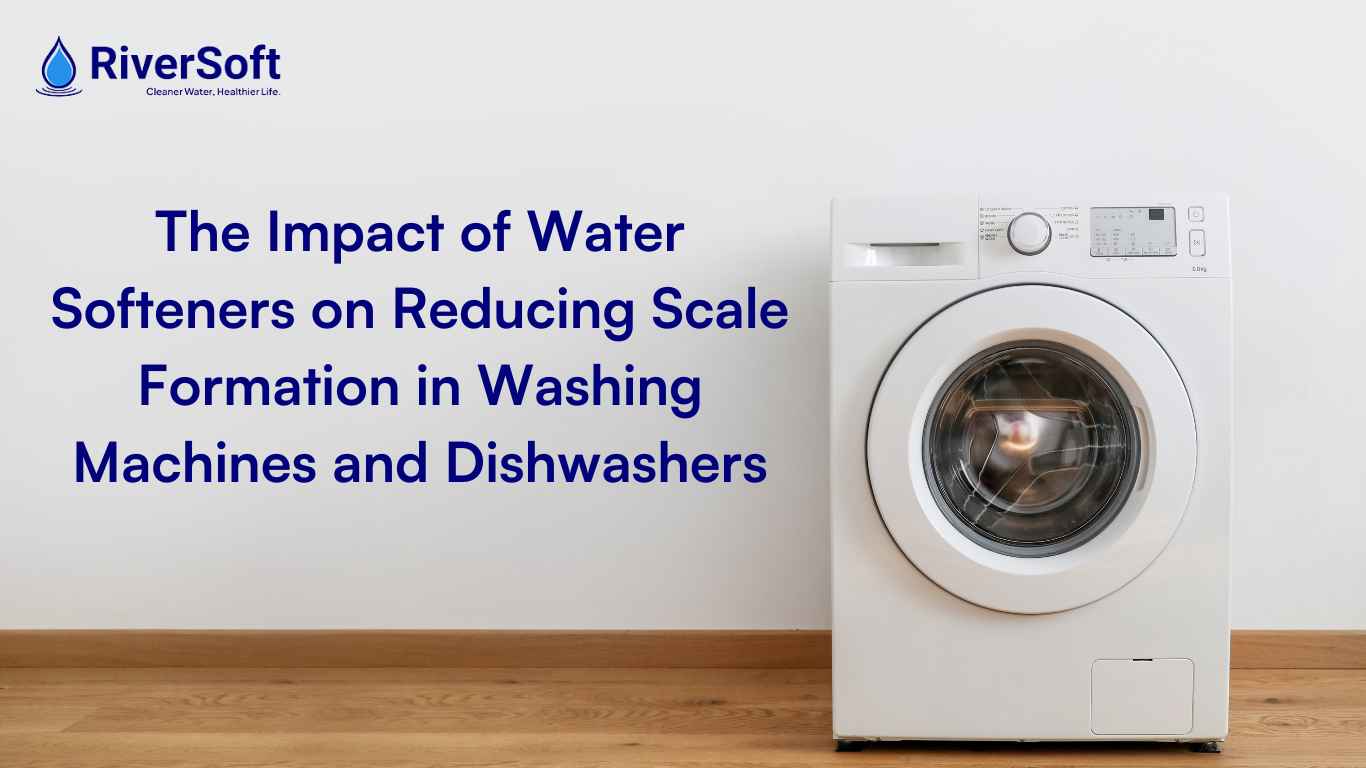


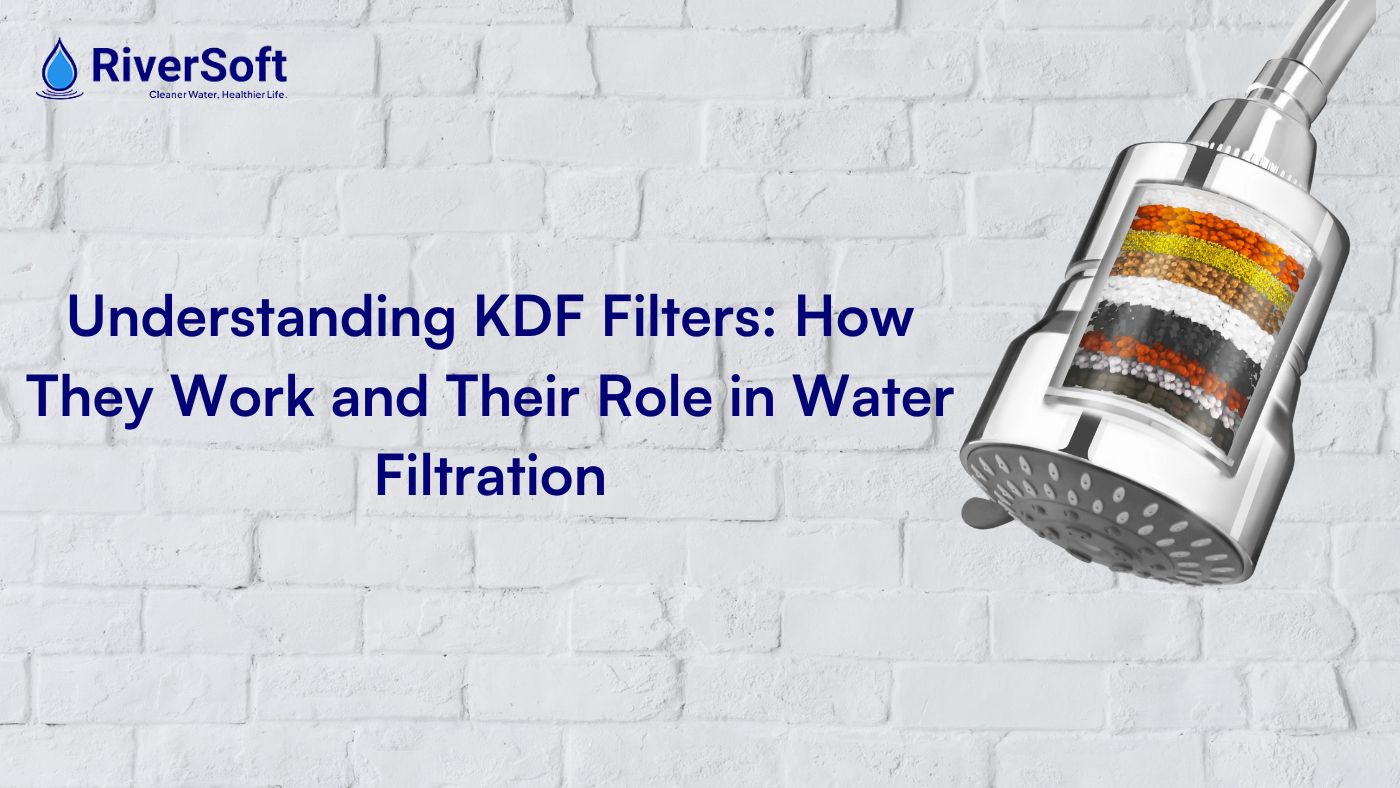
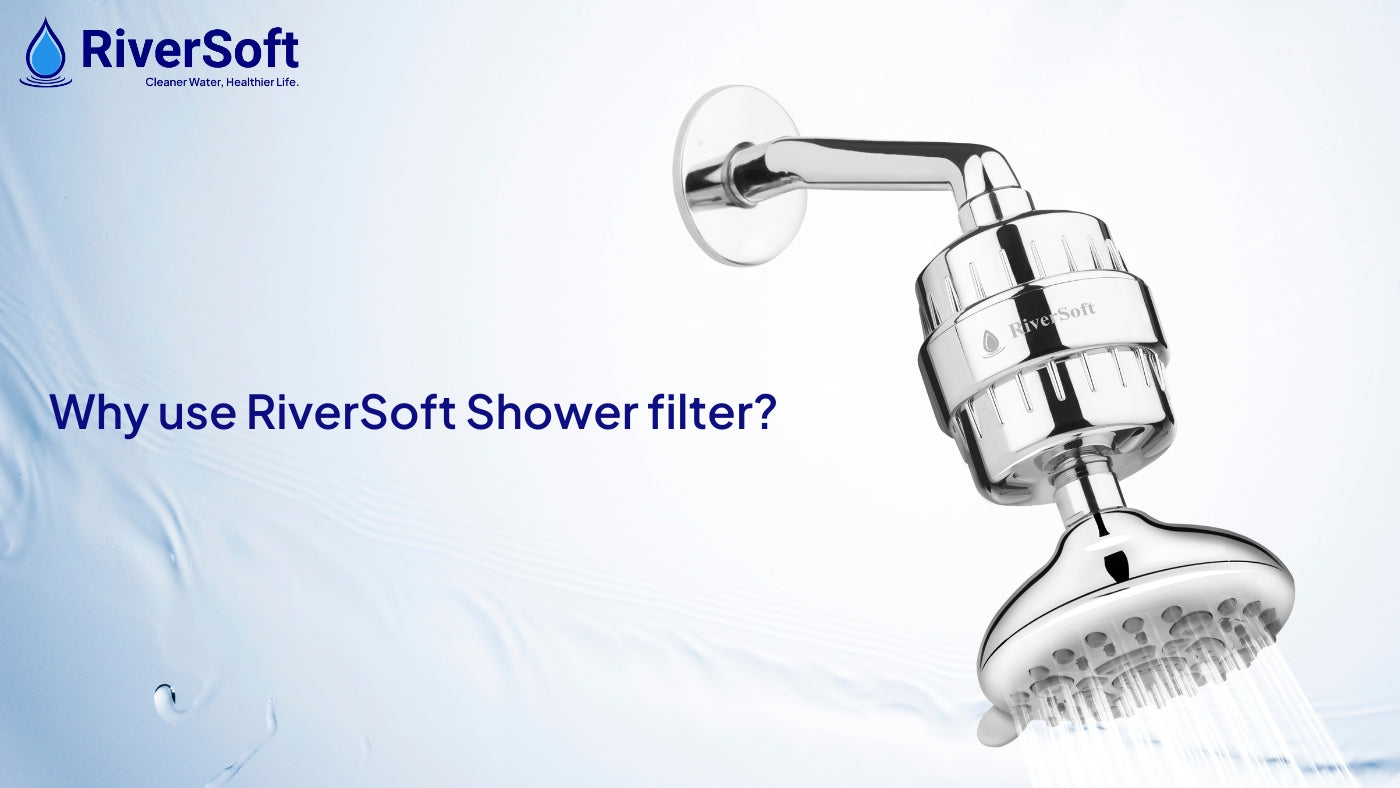
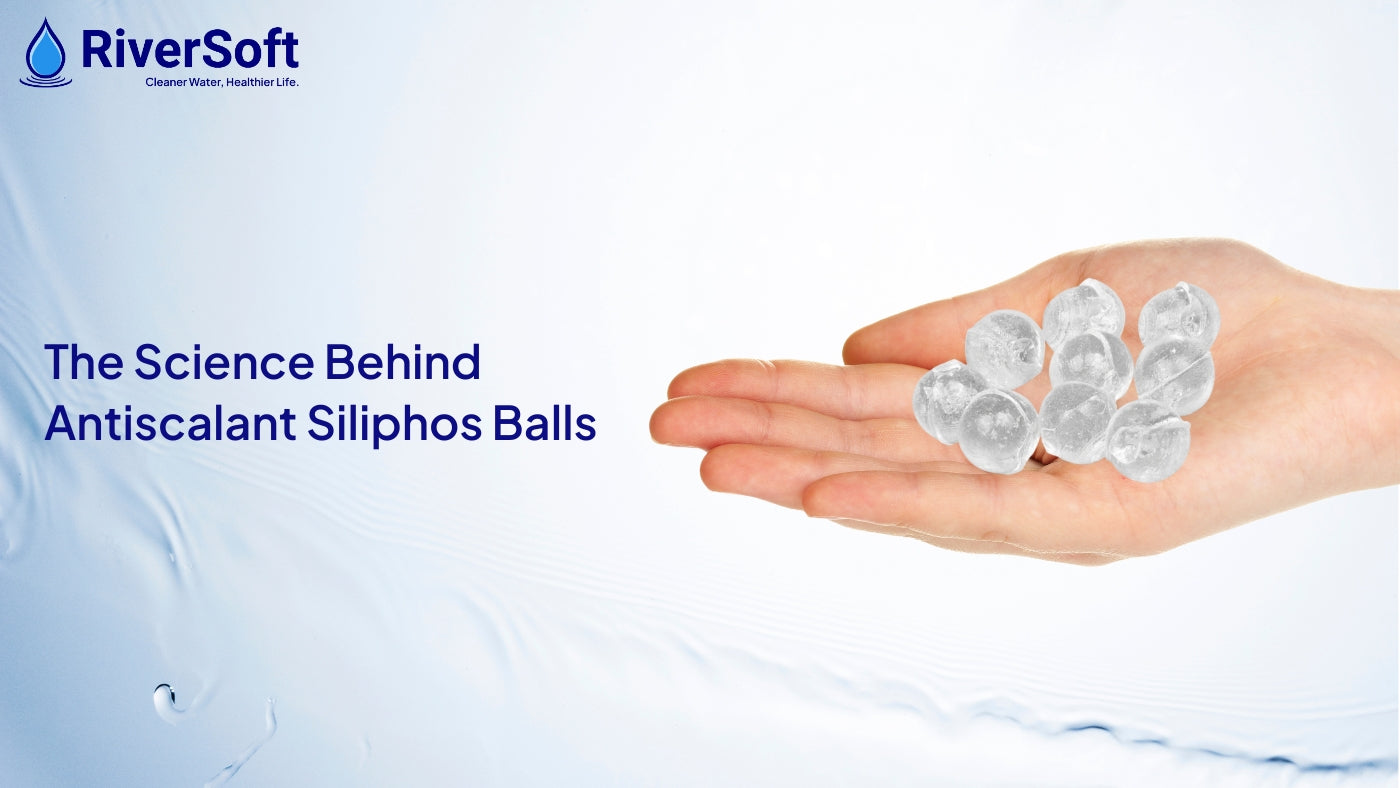
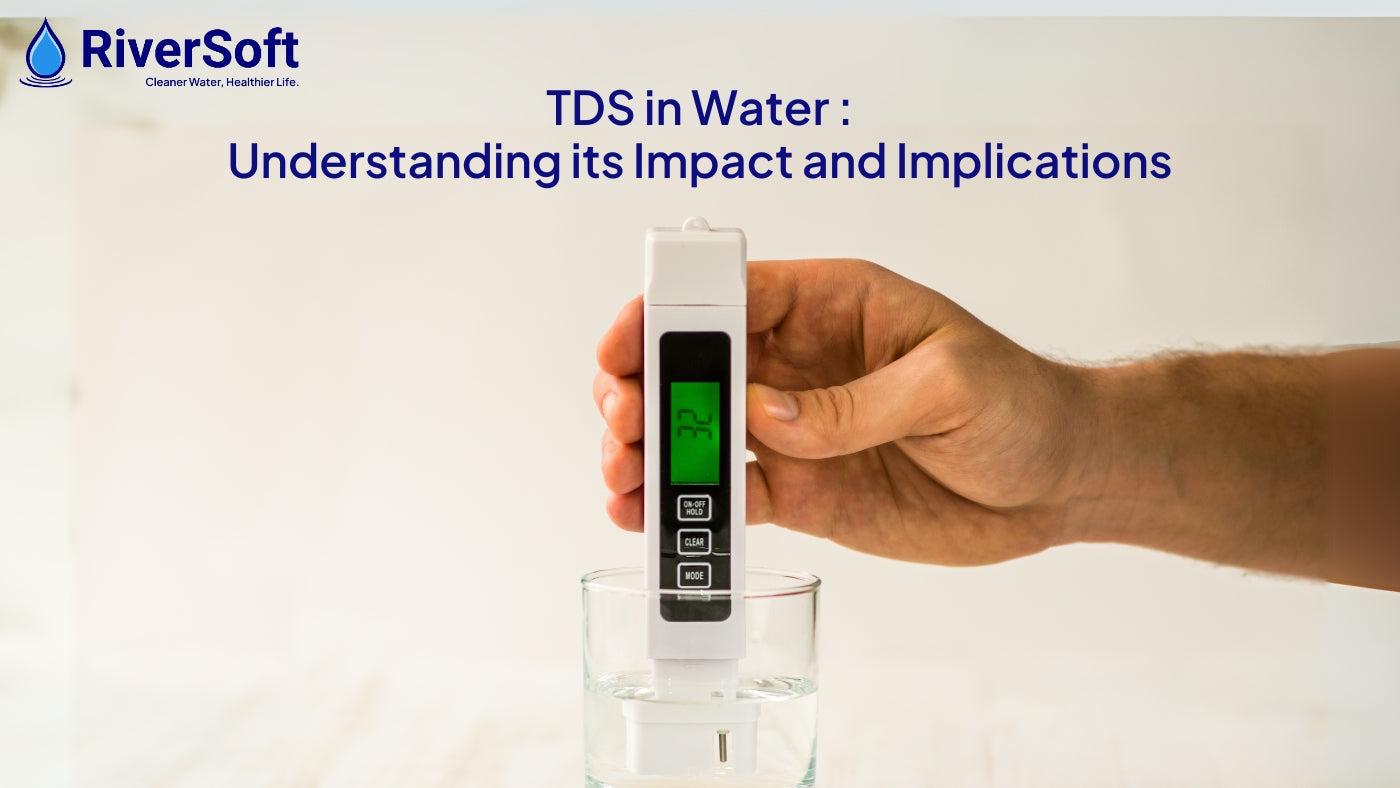




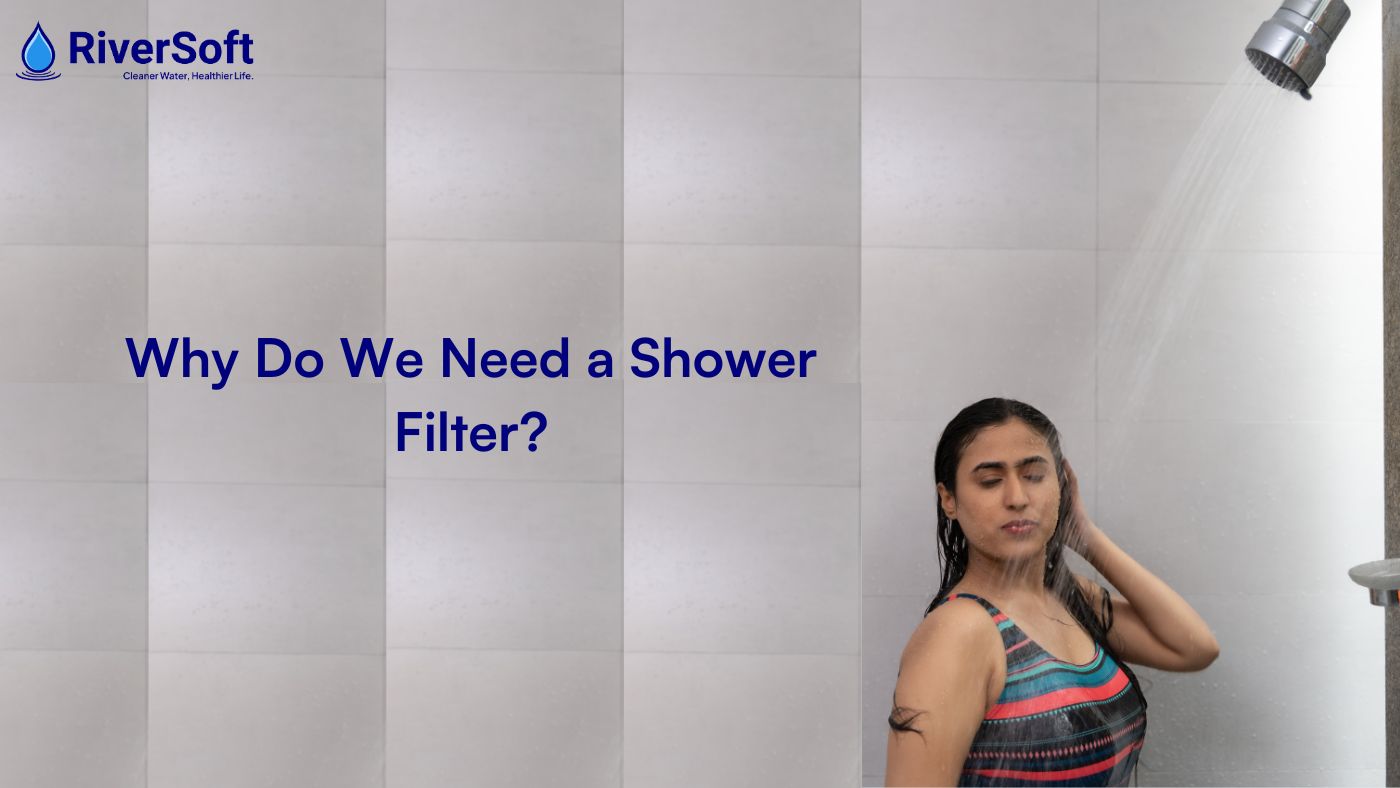







Ashutosh was inspired to solve water quality issues after witnessing the harmful effects of hard water on his family’s health and home. Recognizing the widespread impact of poor water quality, he committed to creating innovative solutions that ensure safe and clean water for everyone. He is an alumnus of IIT Delhi and IIM Ahmedabad, bringing a strong technical and managerial background to RiverSoft.